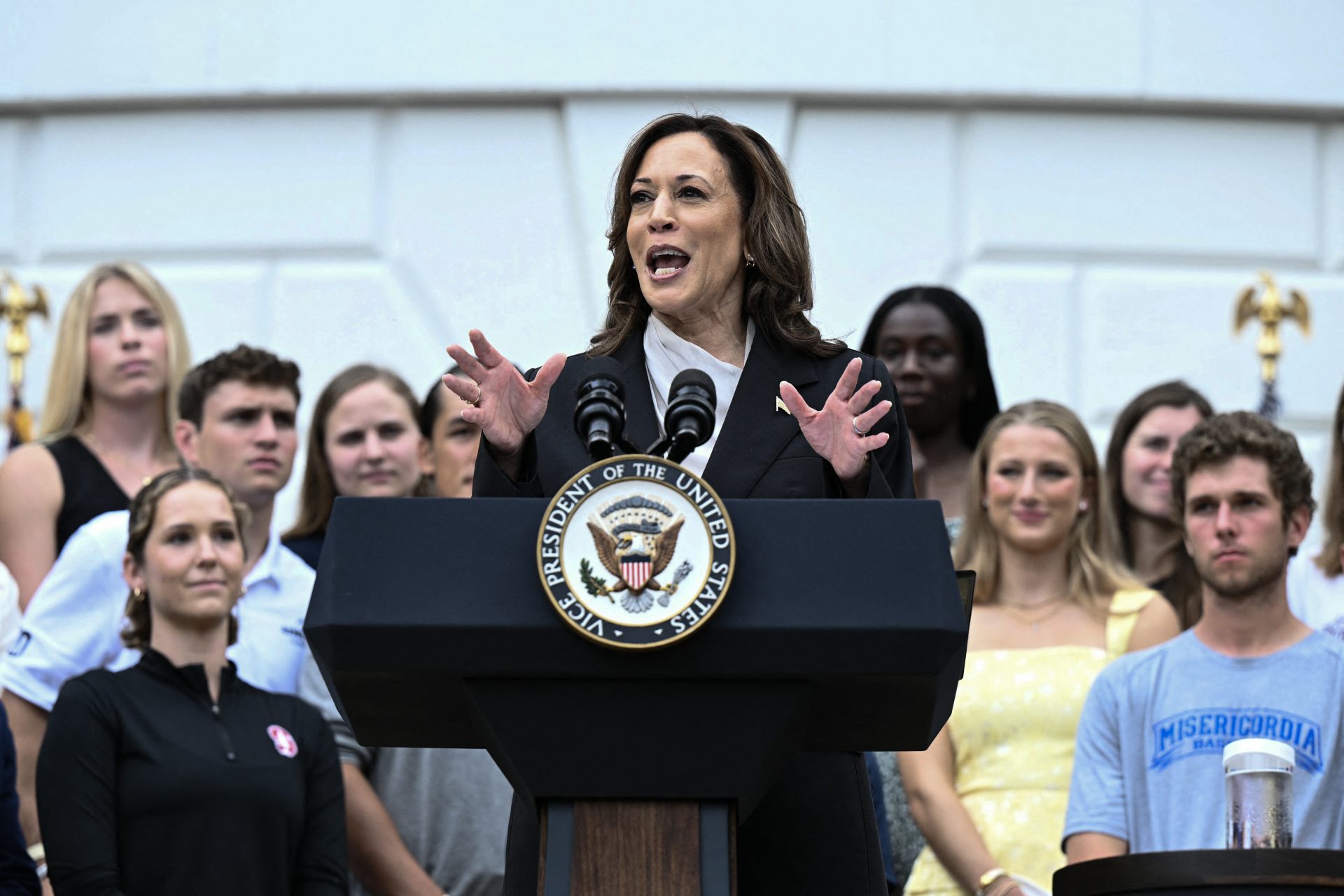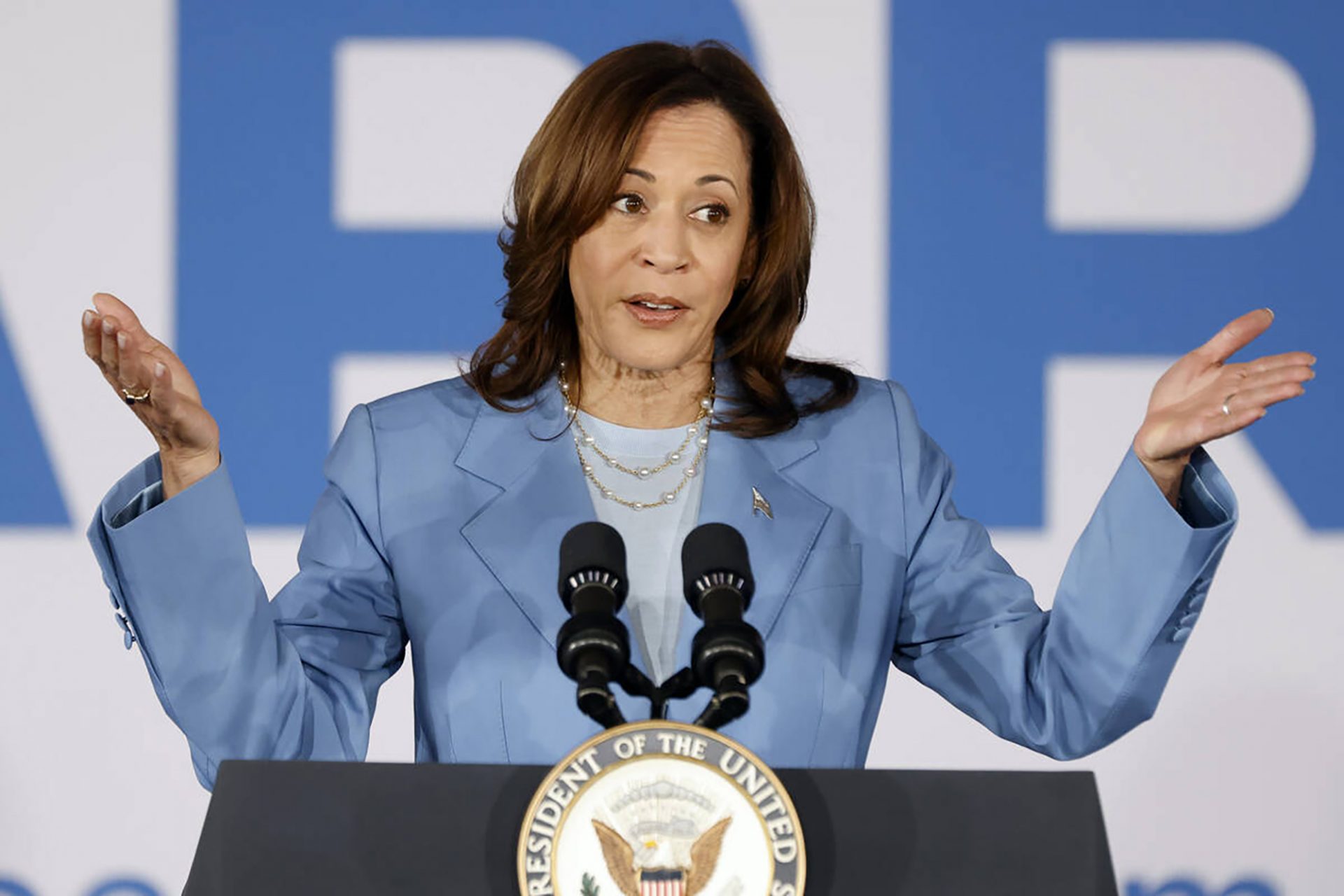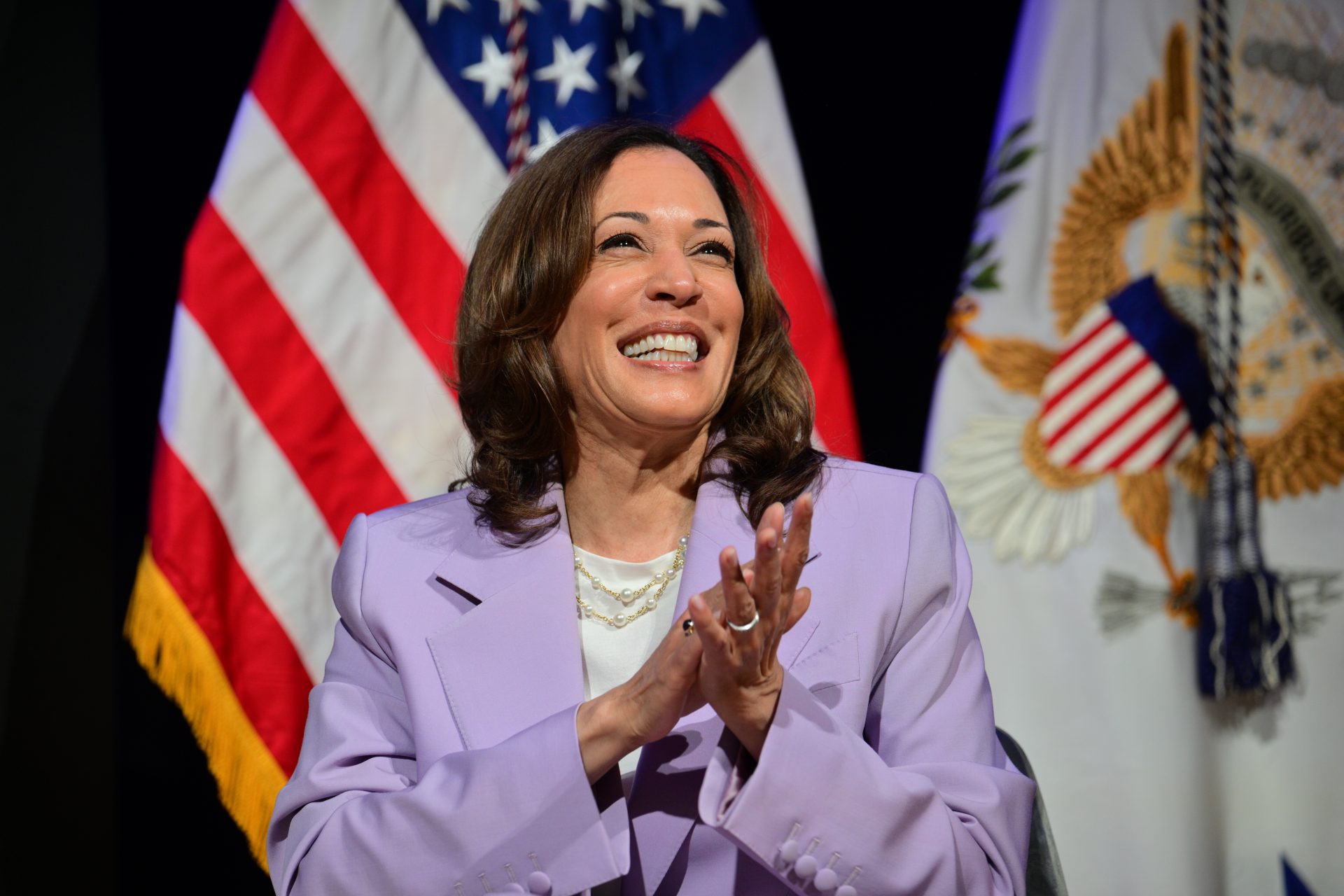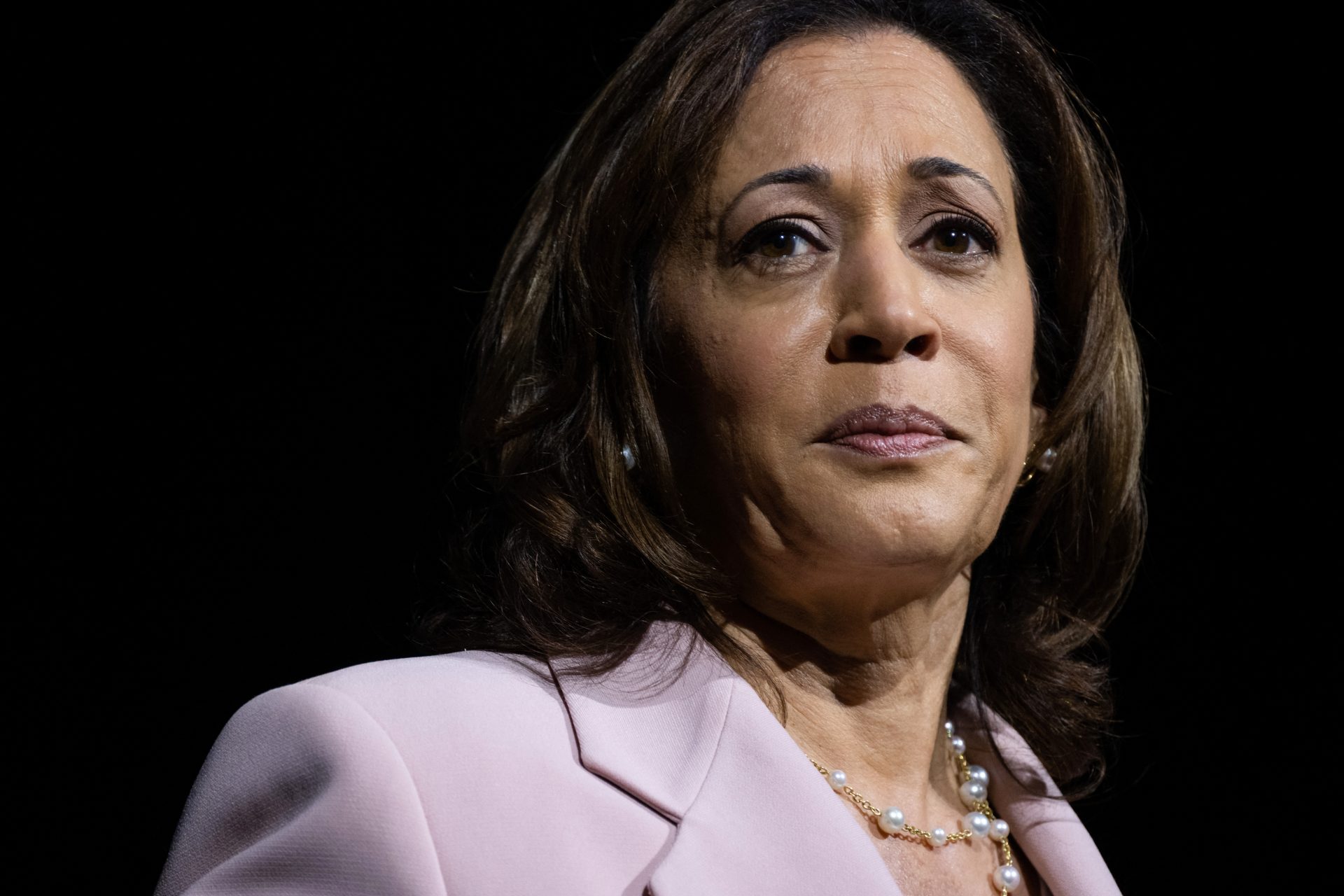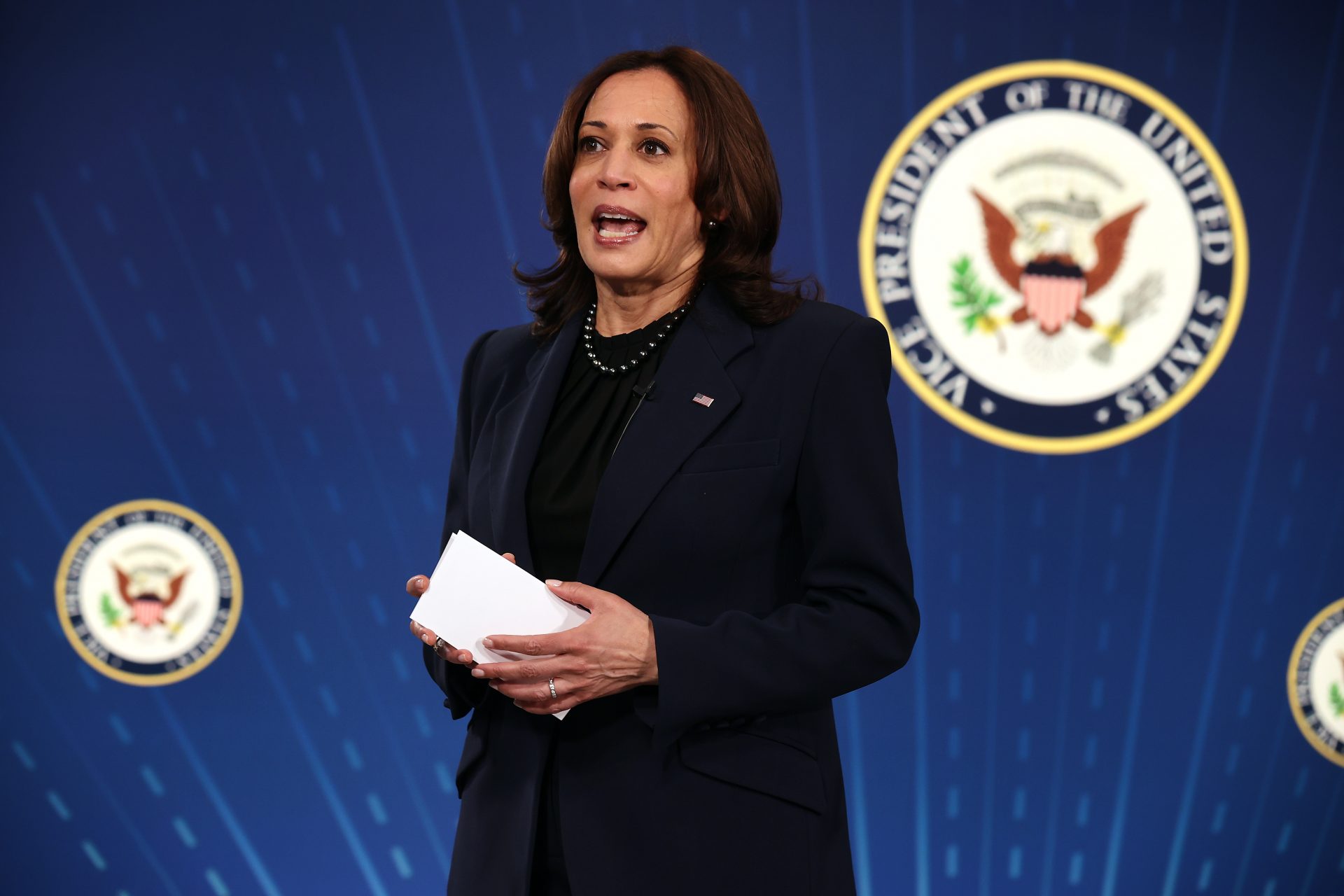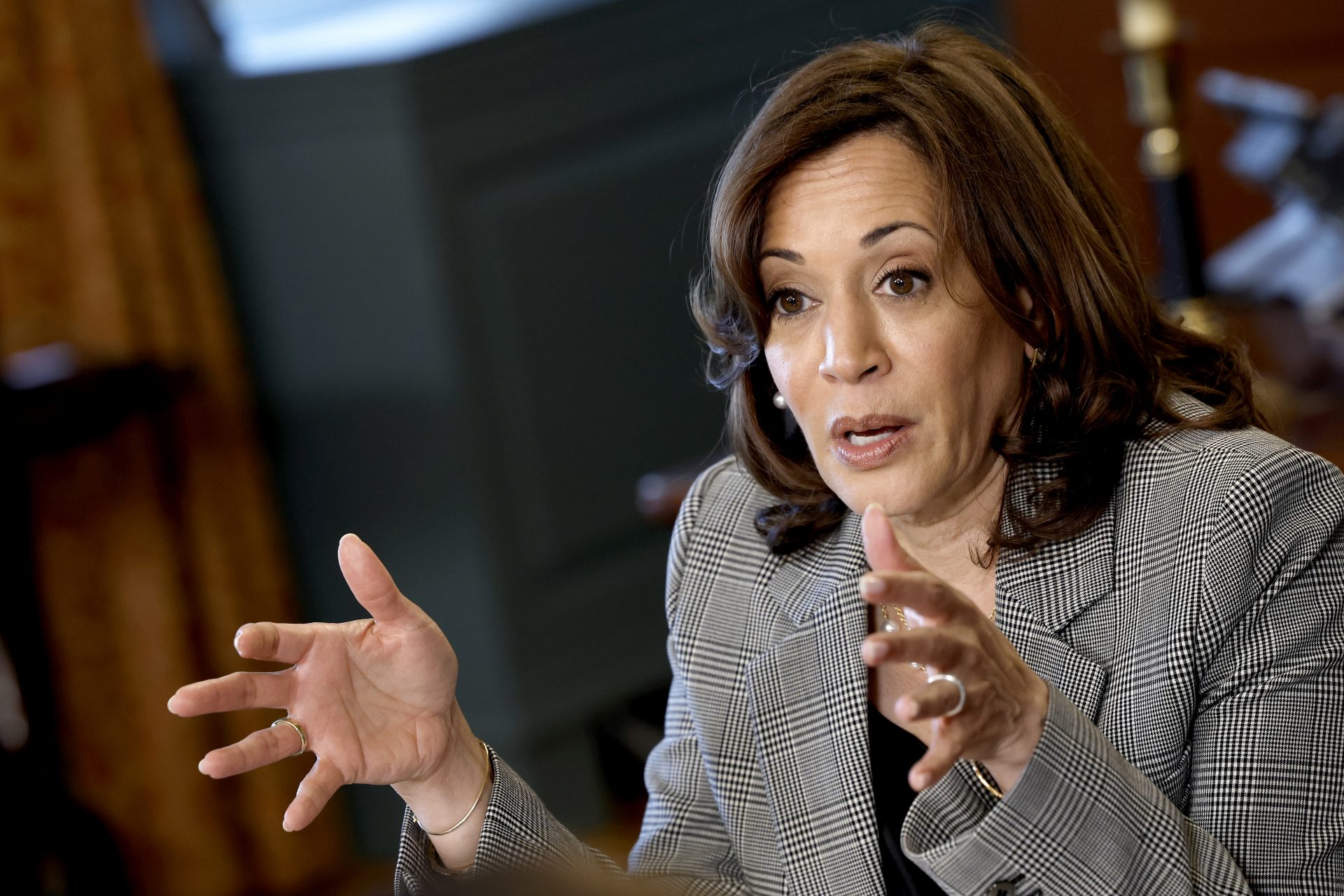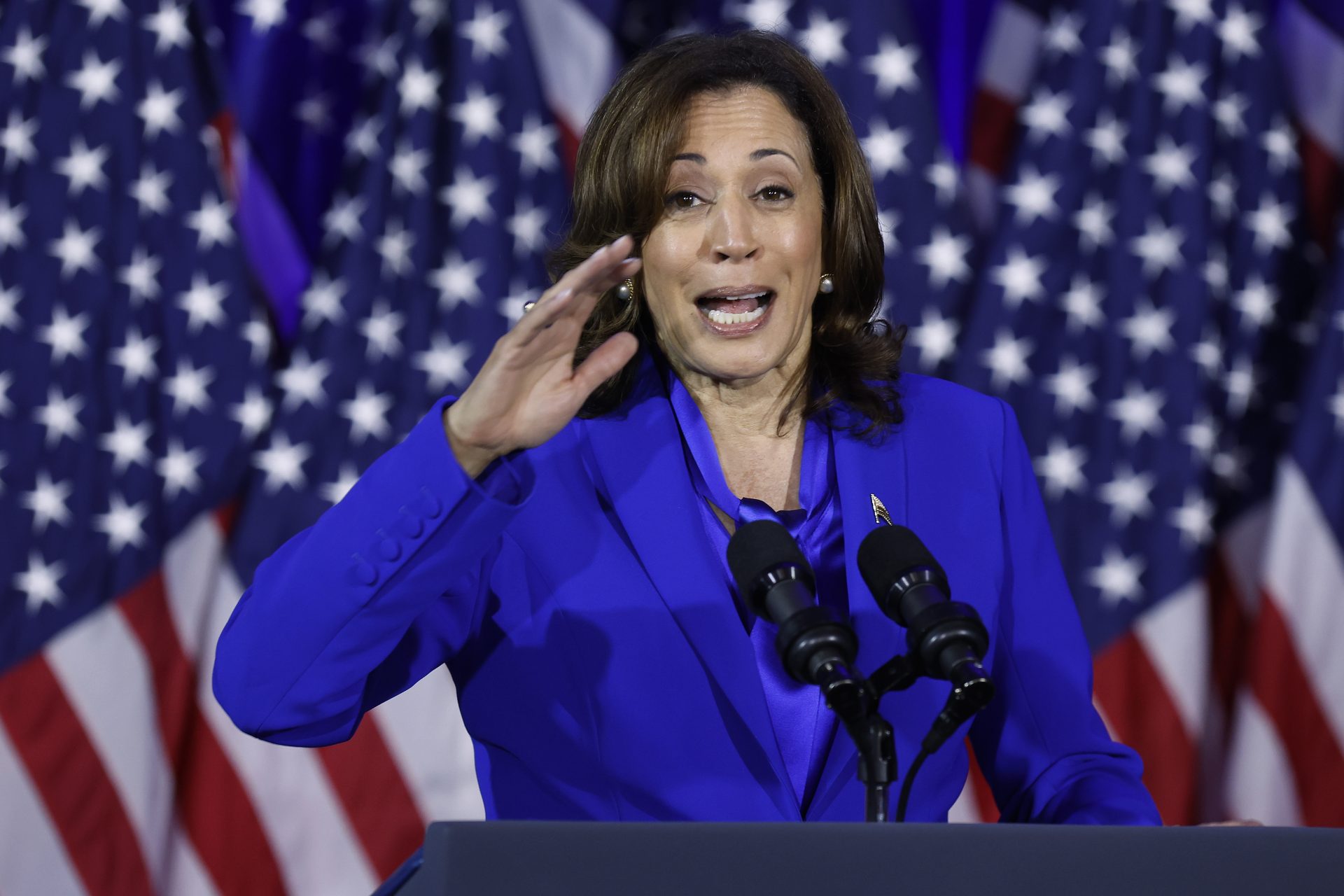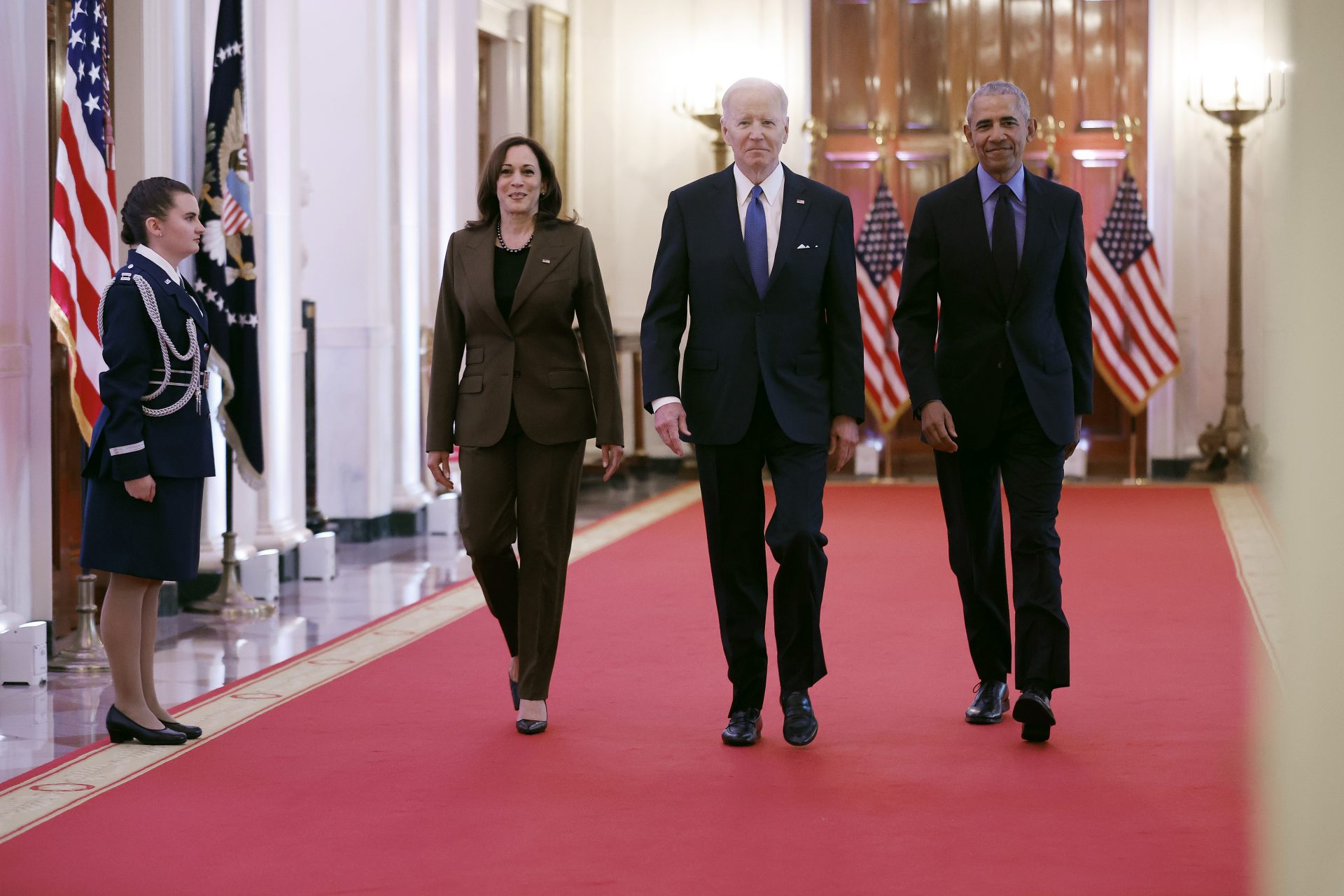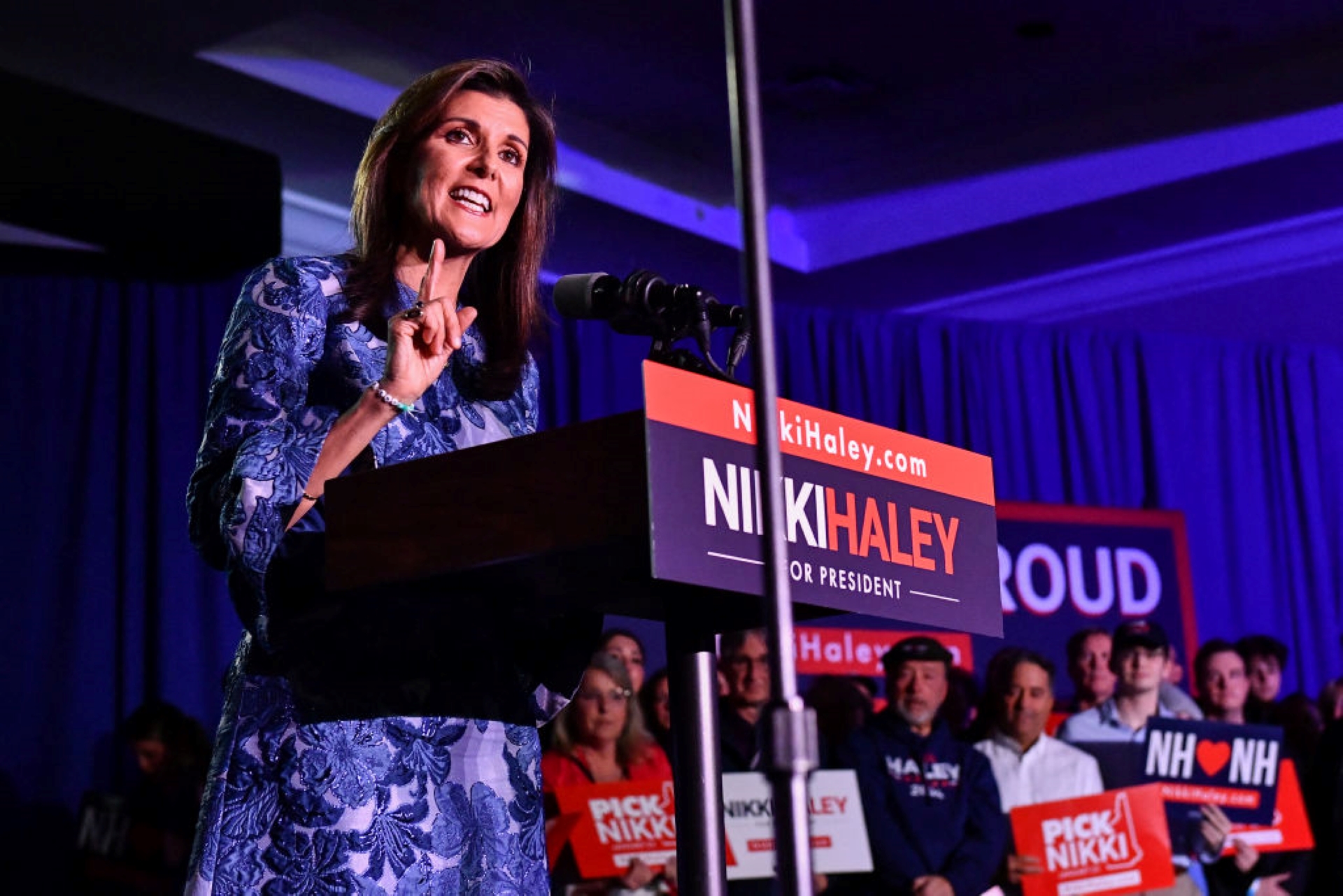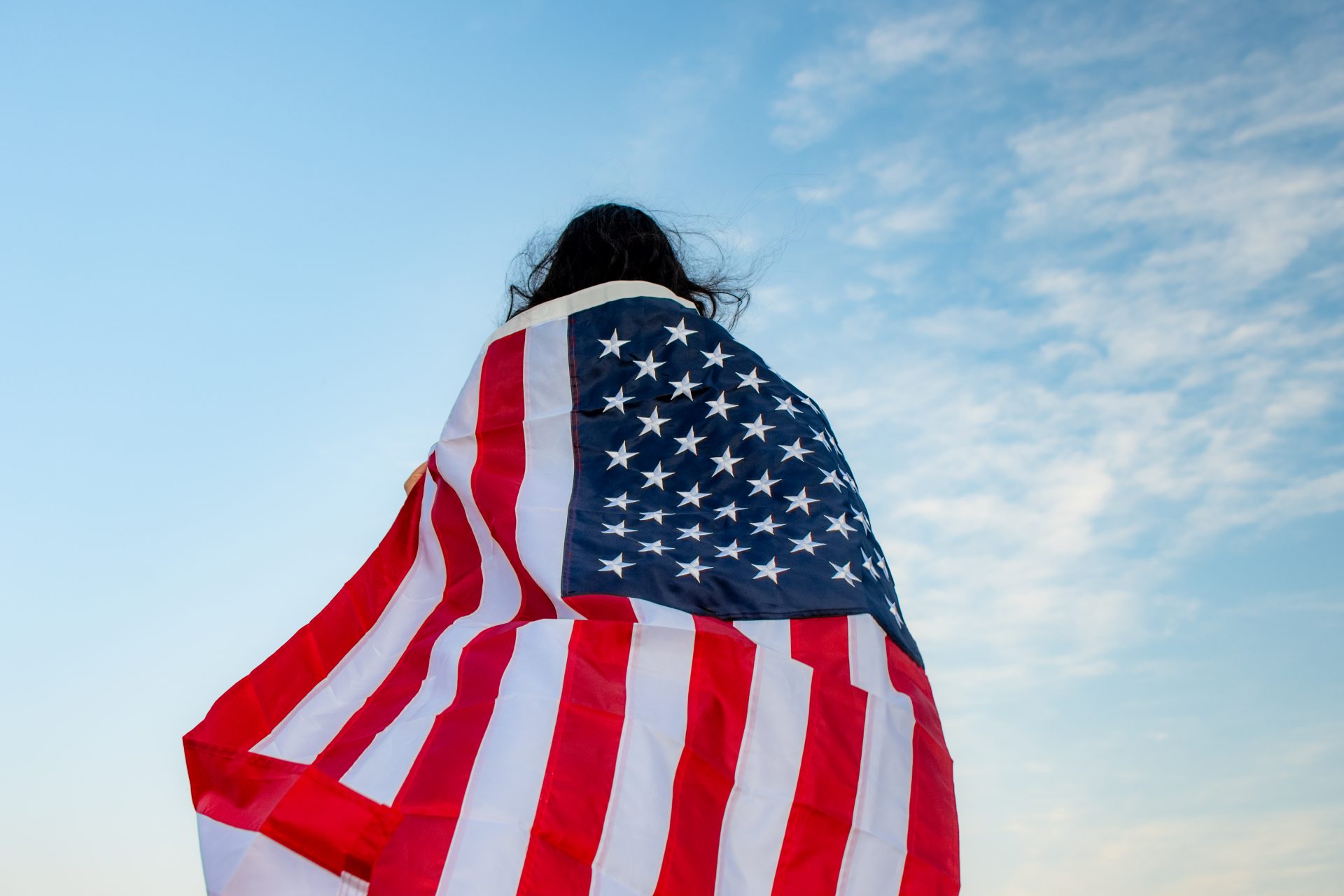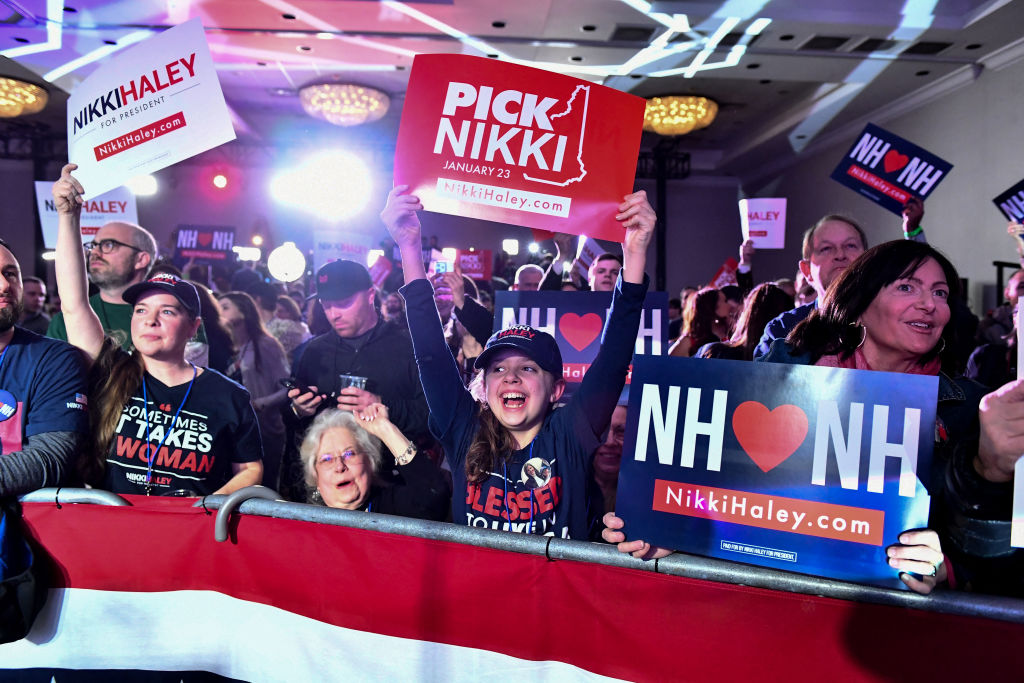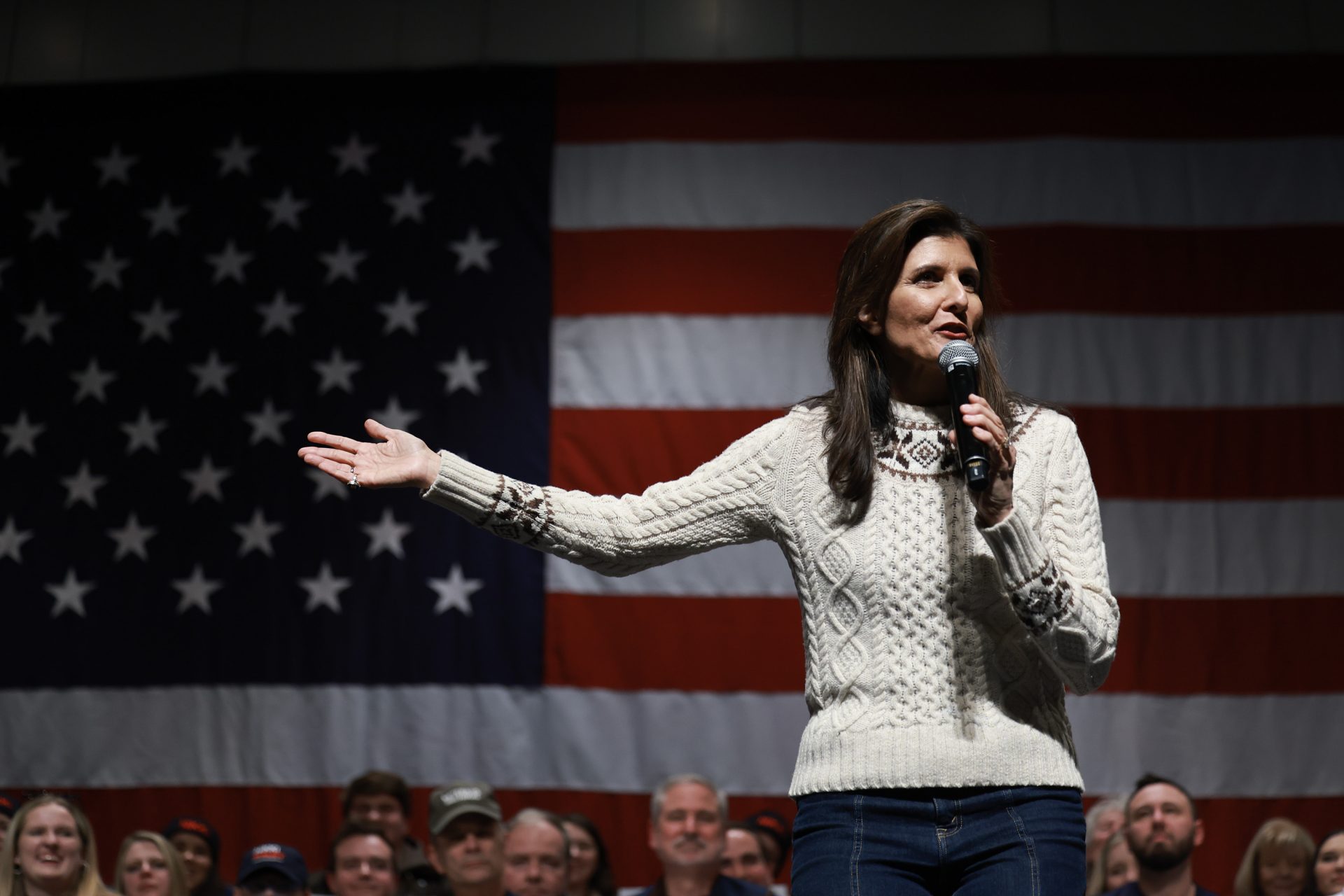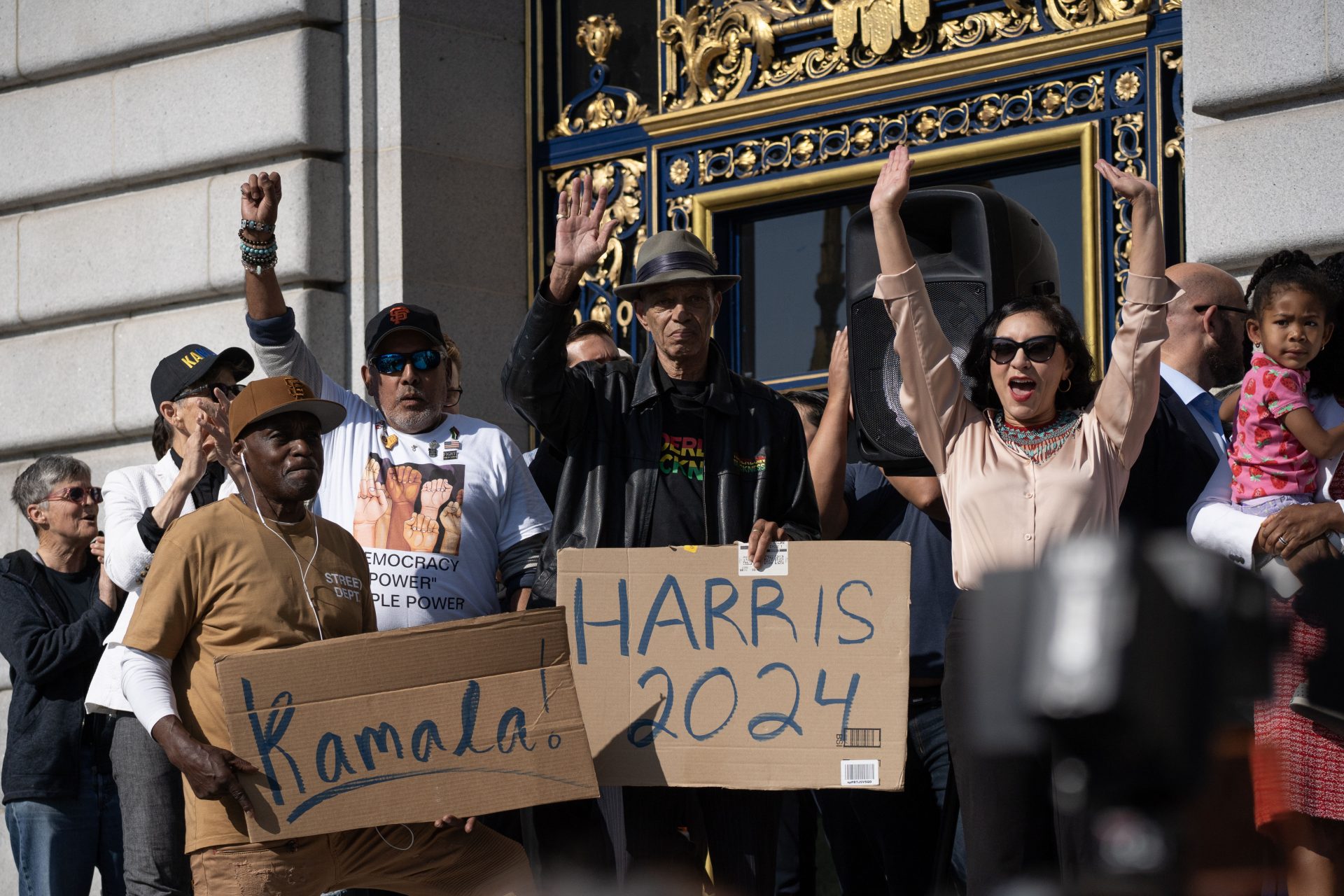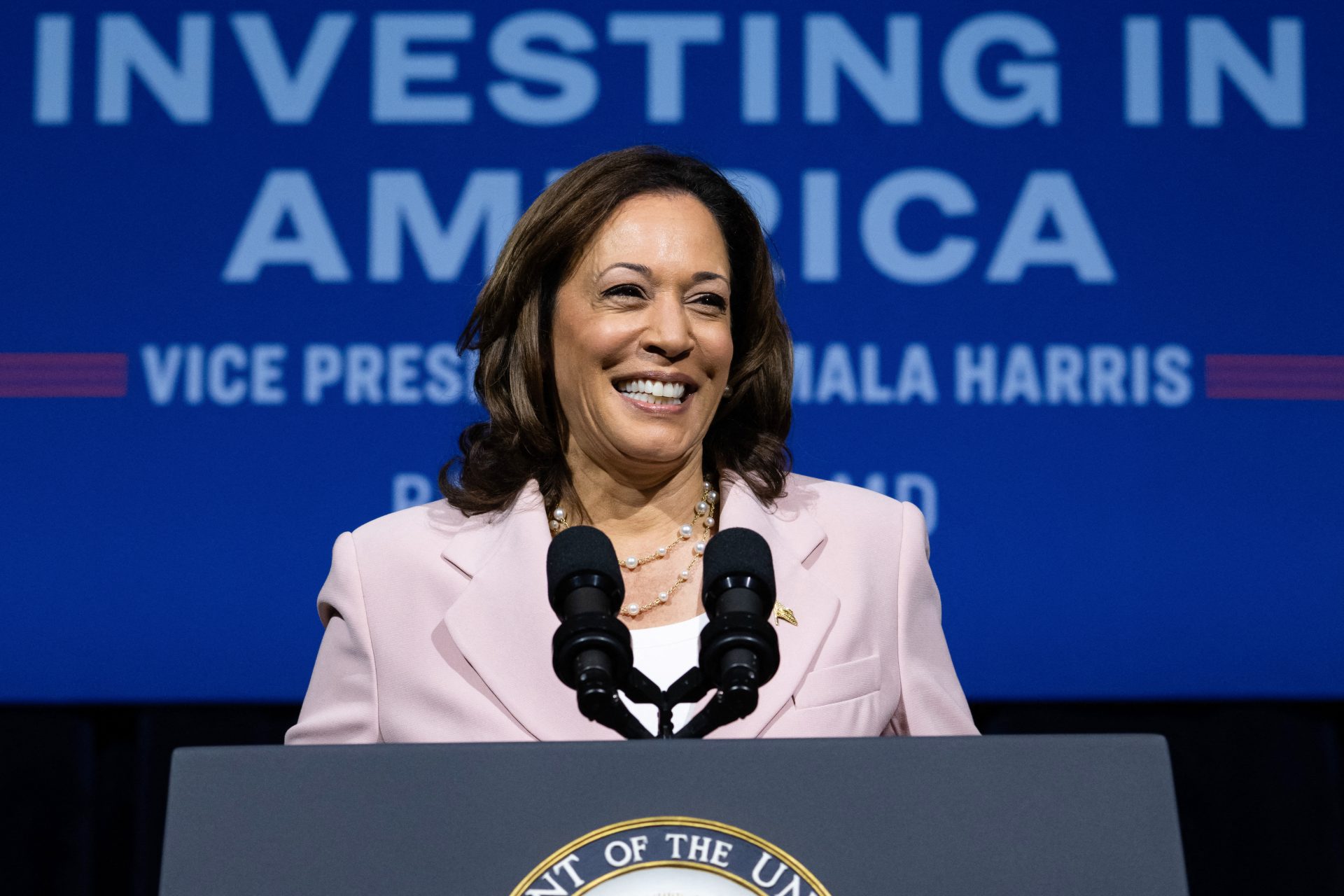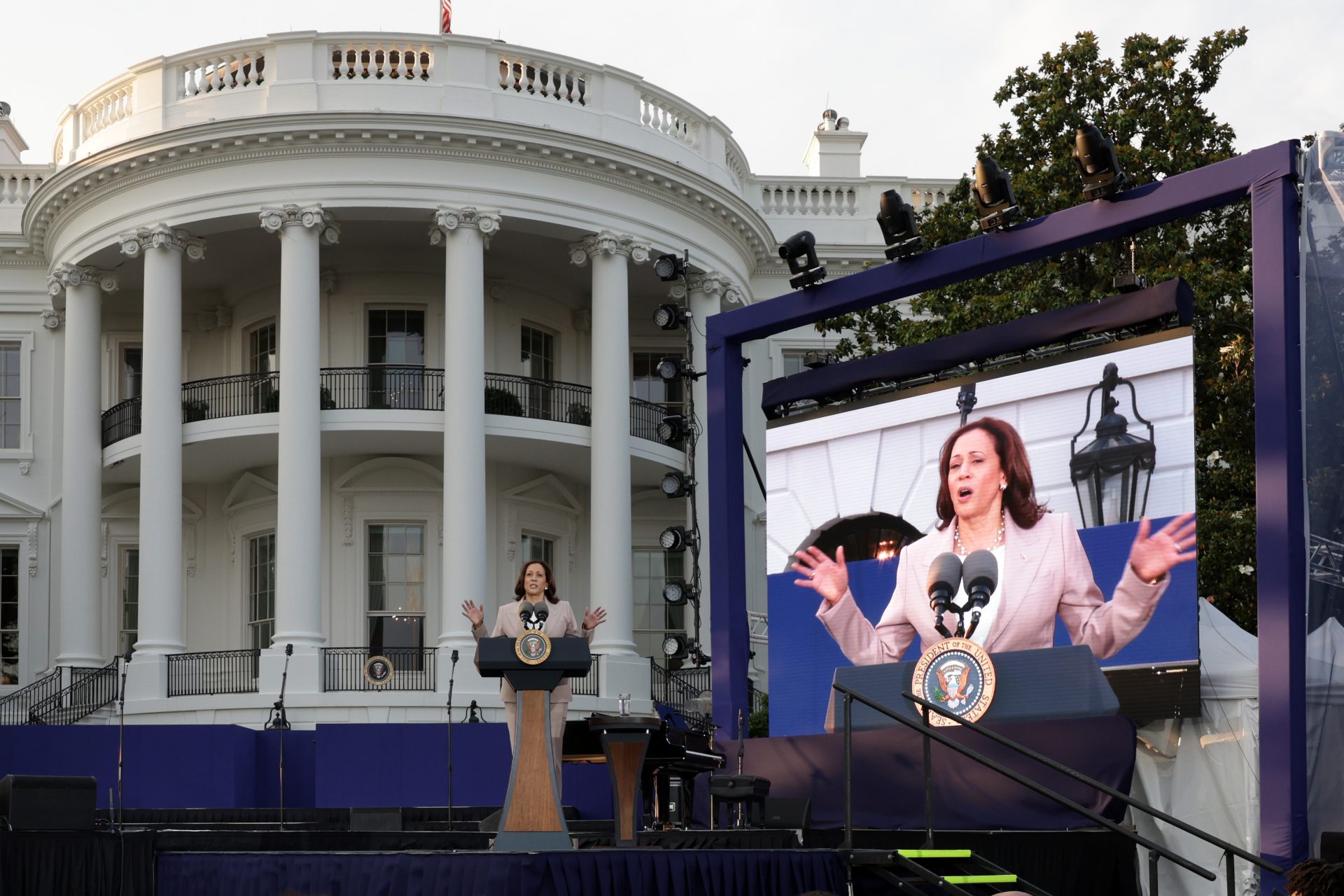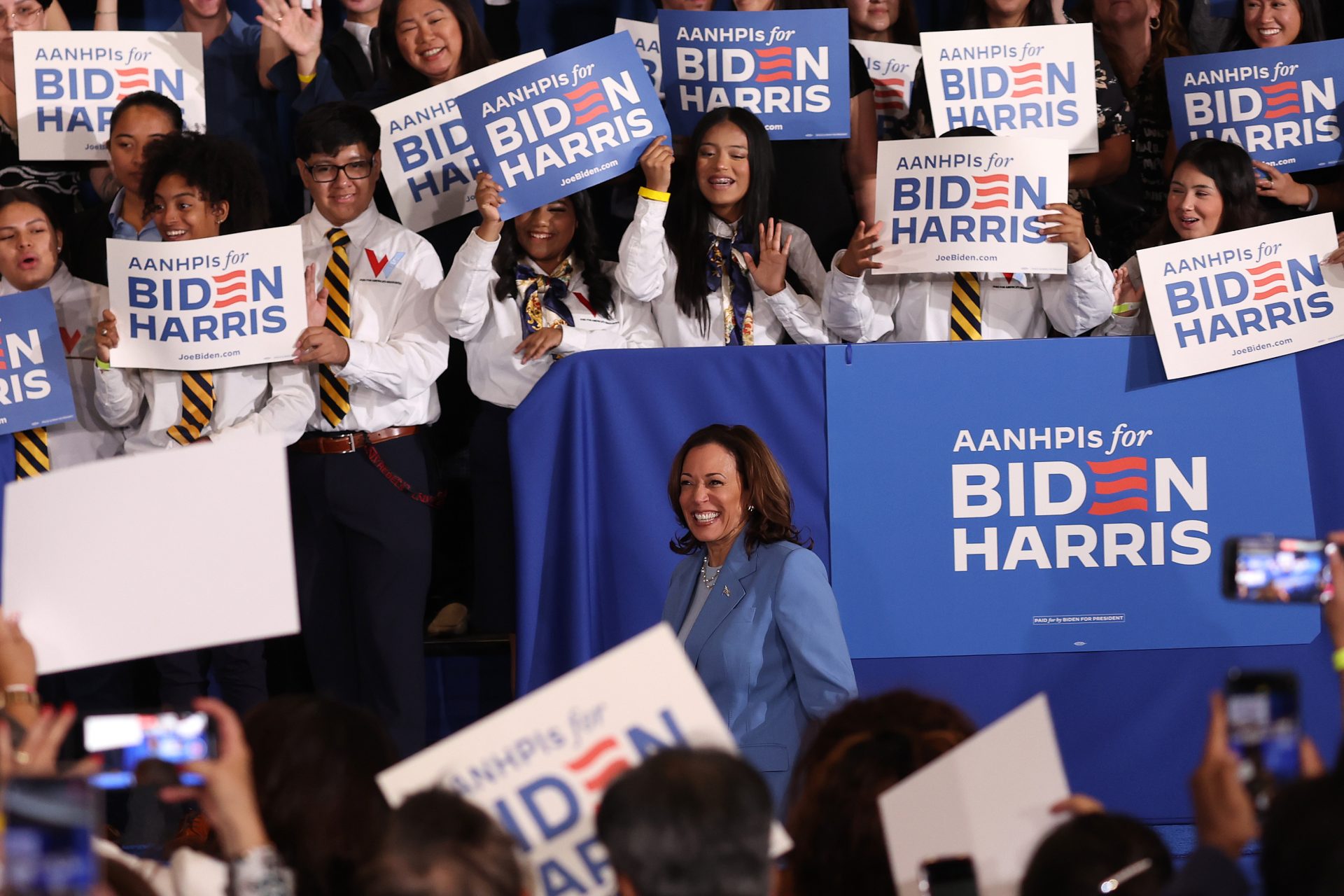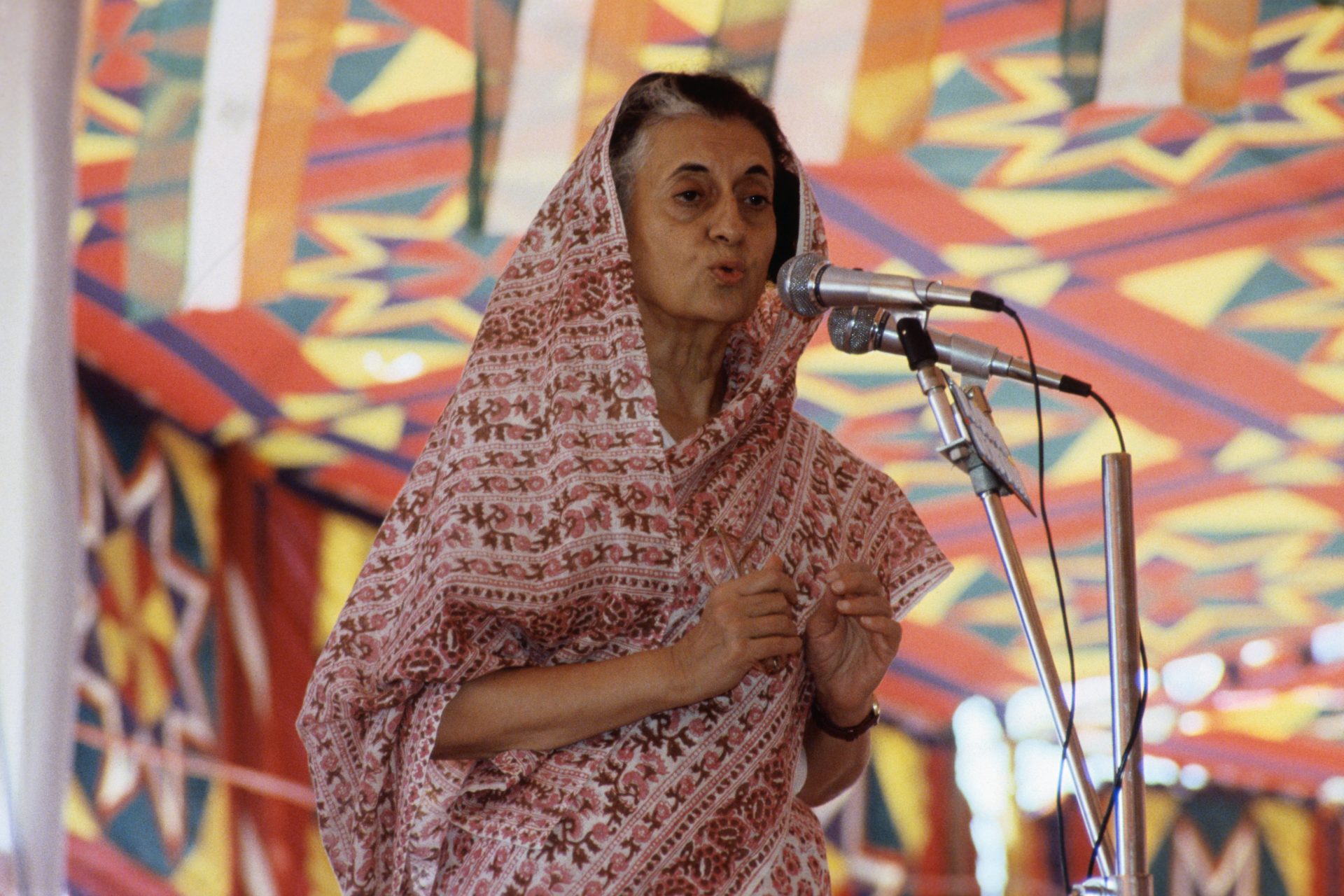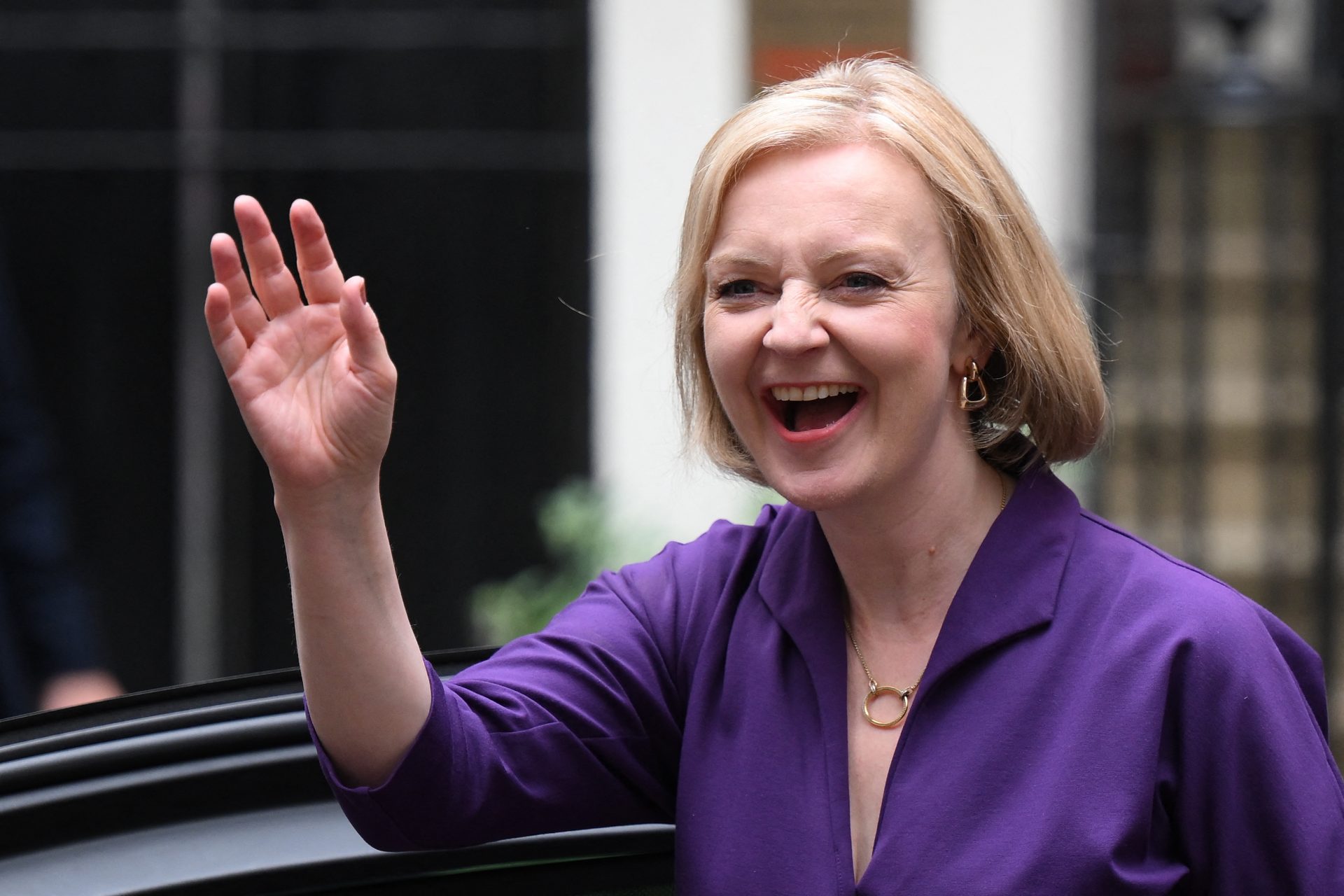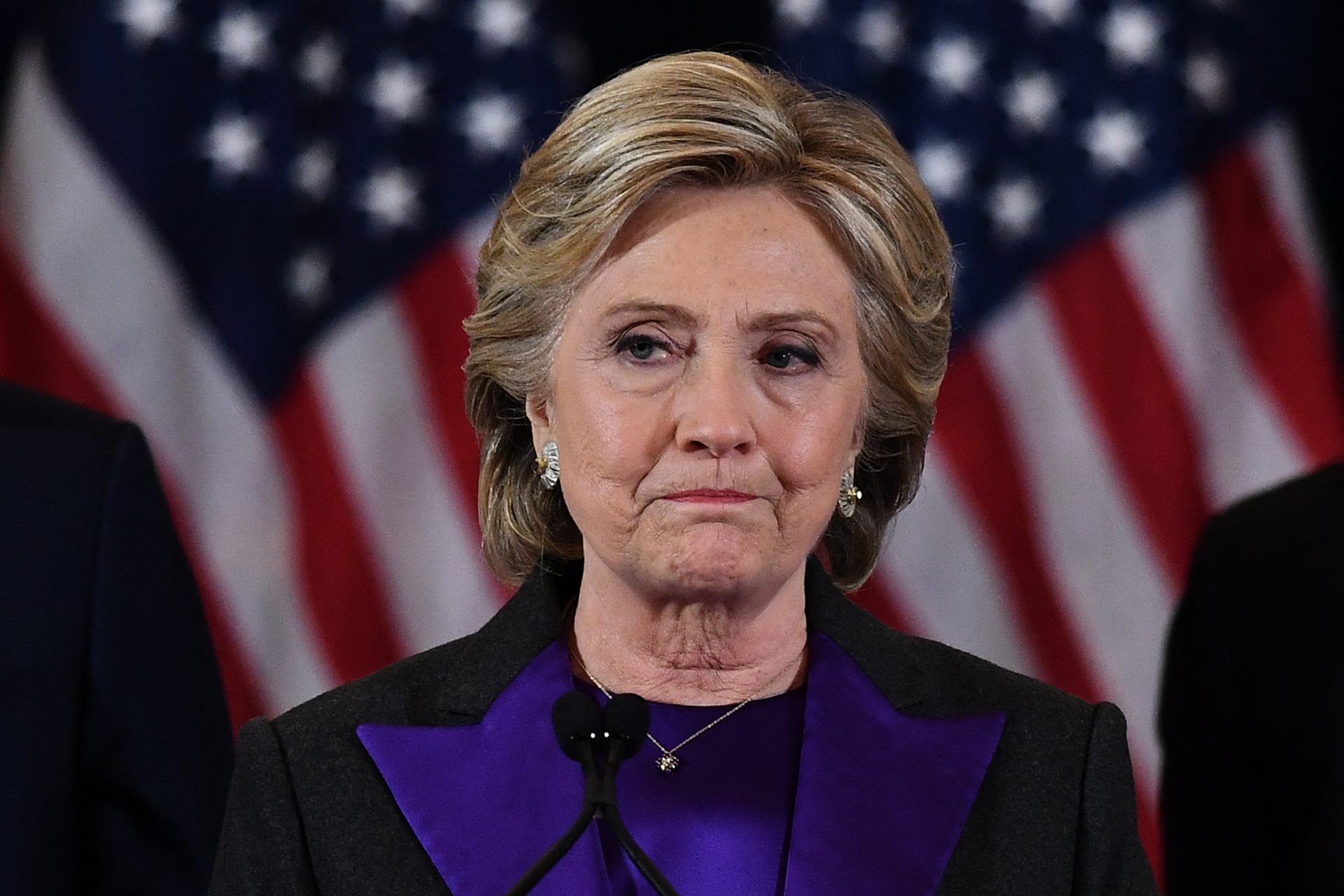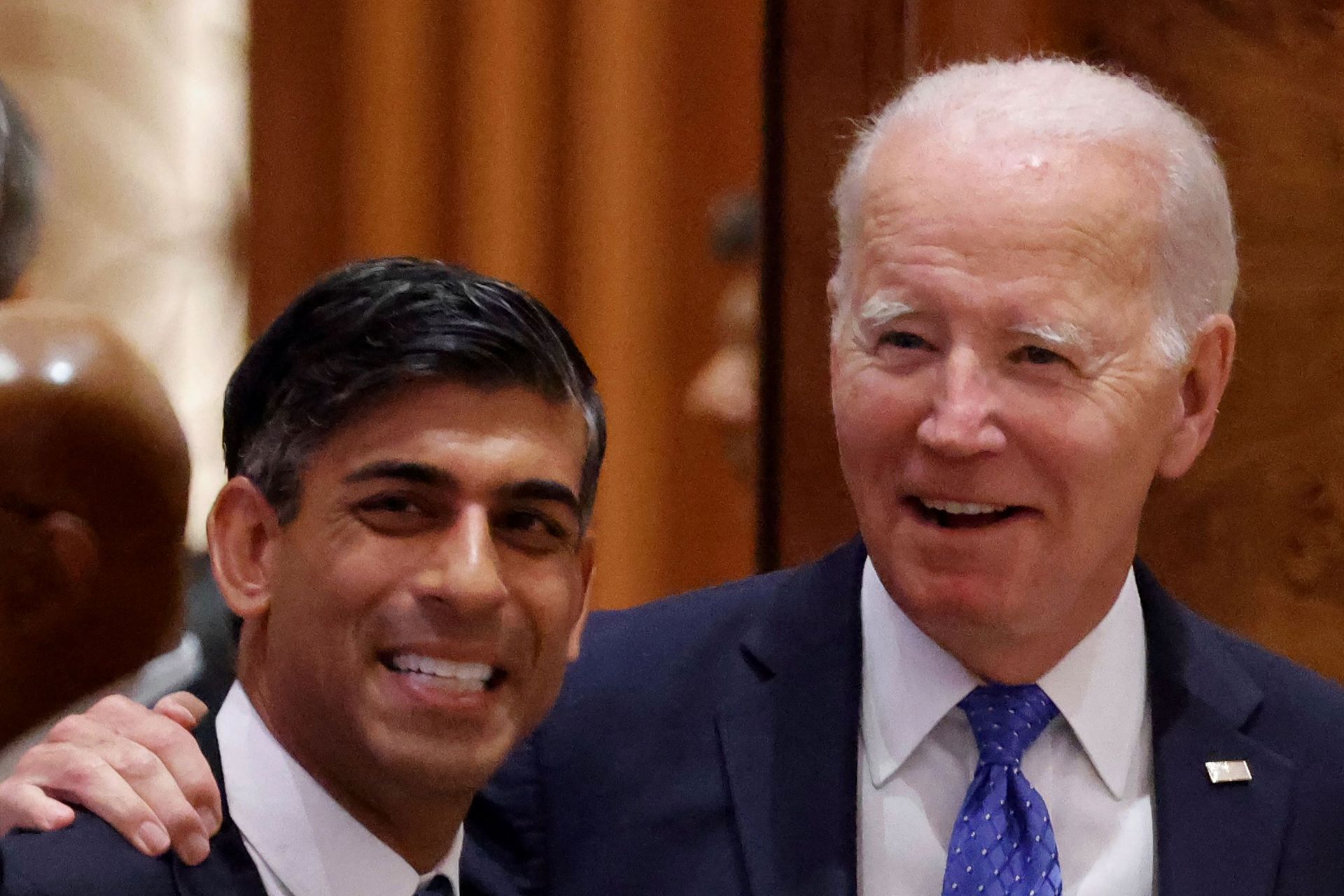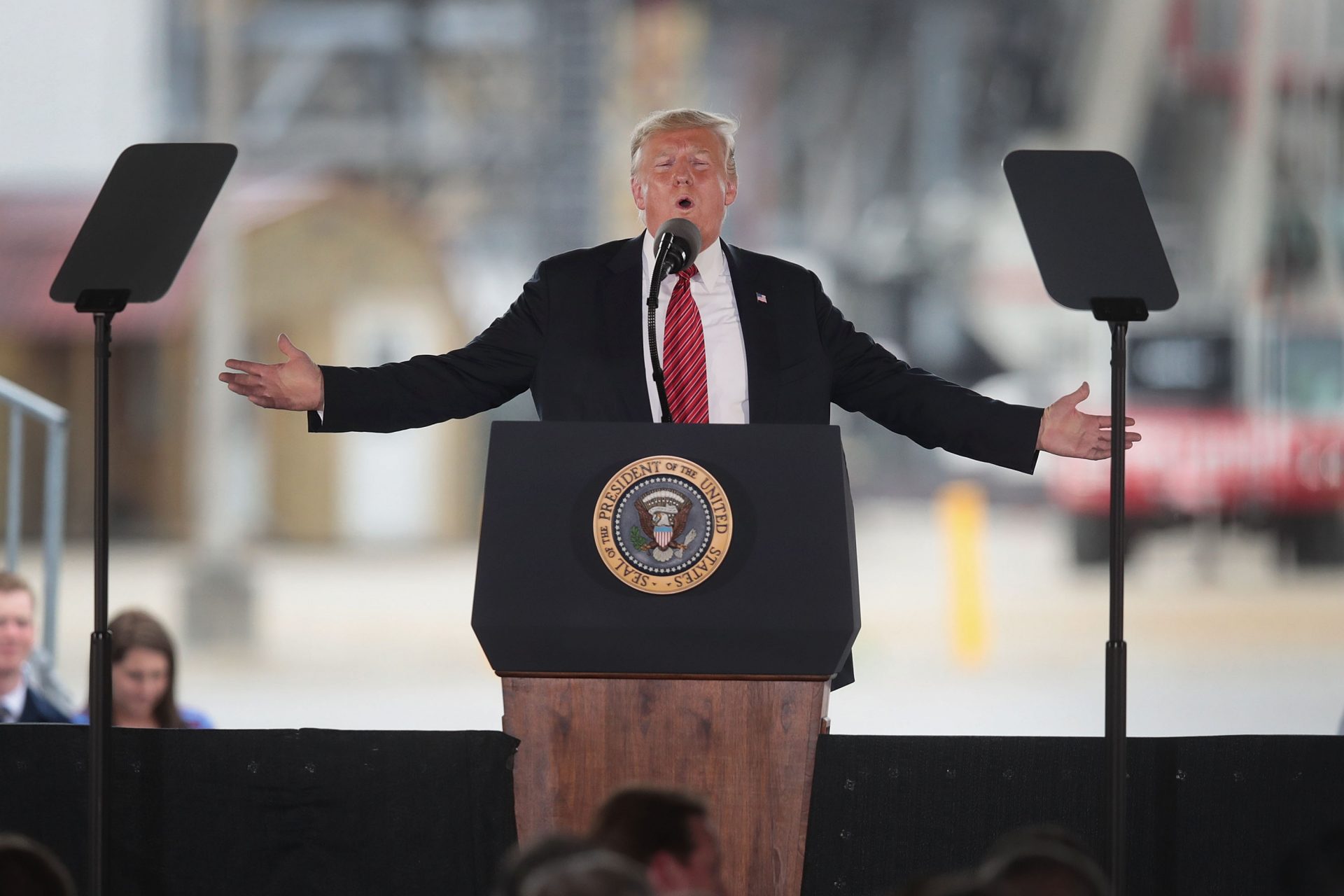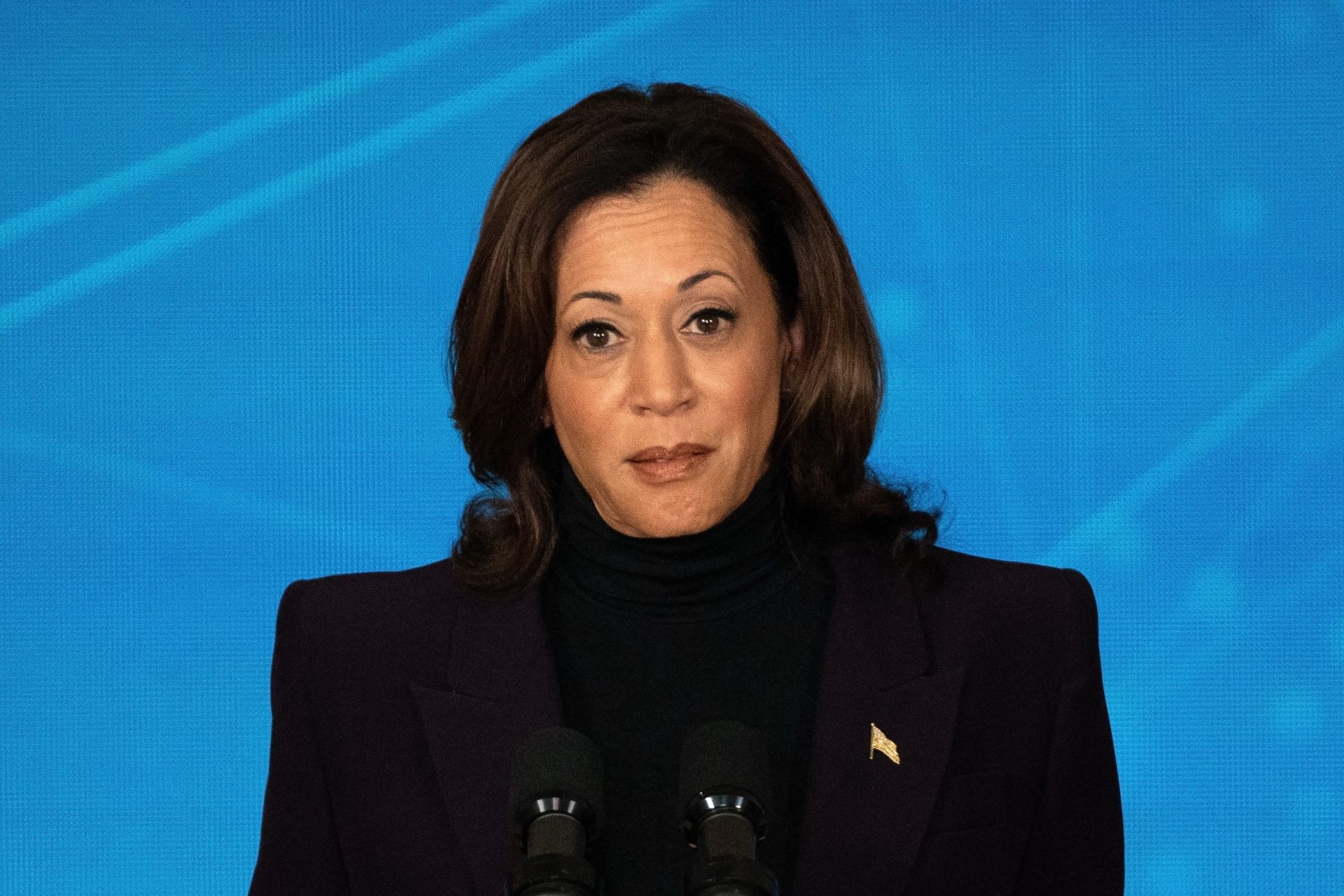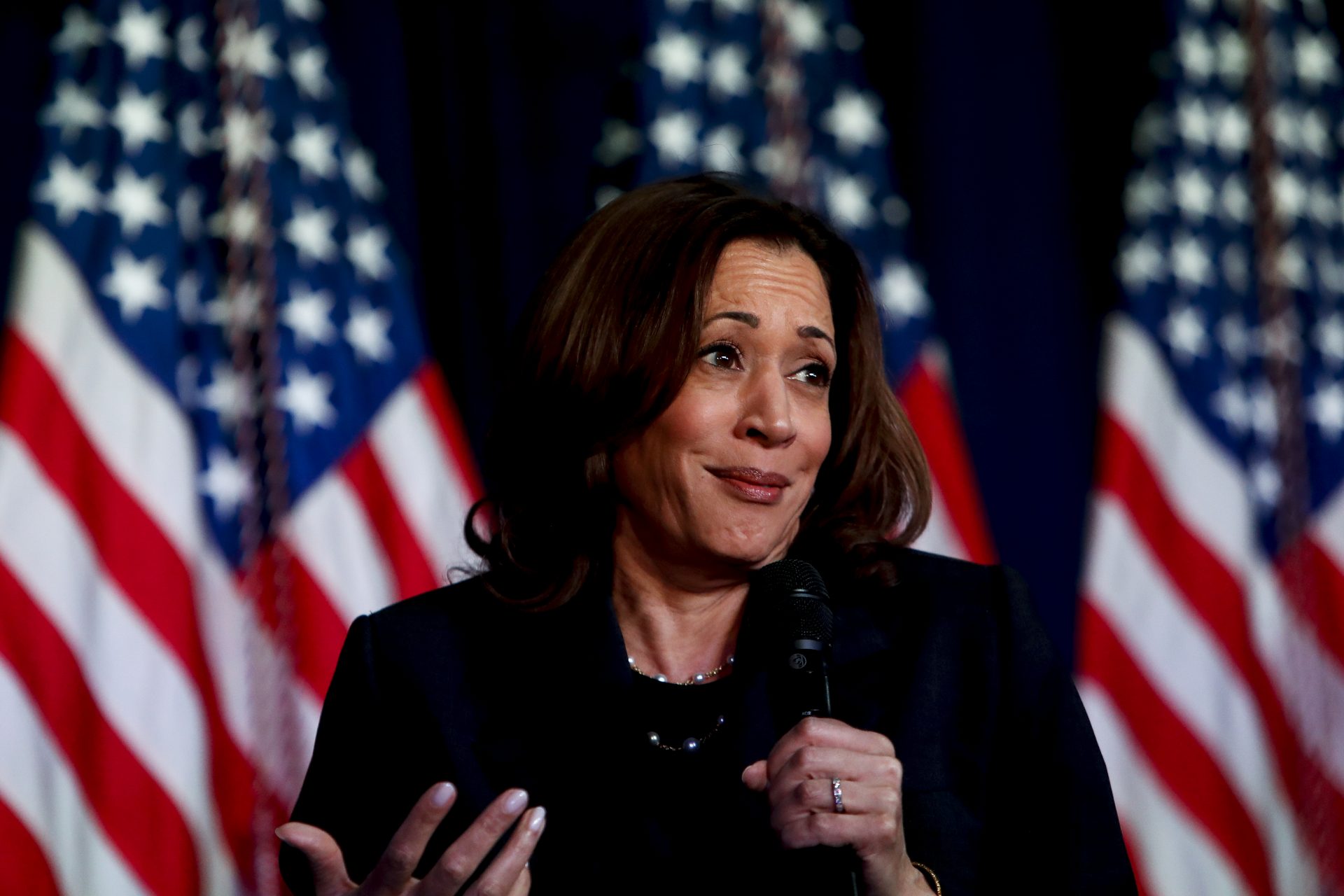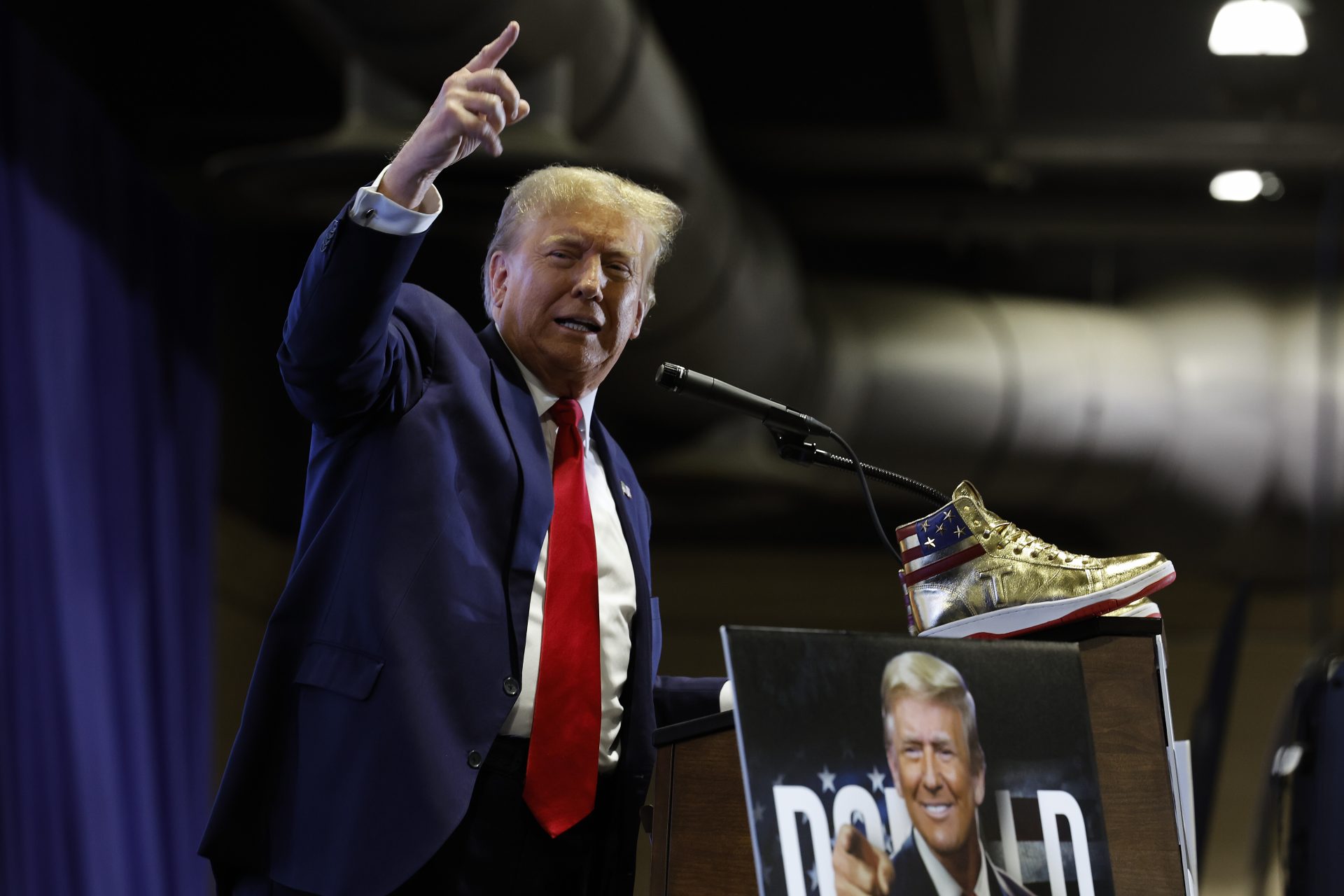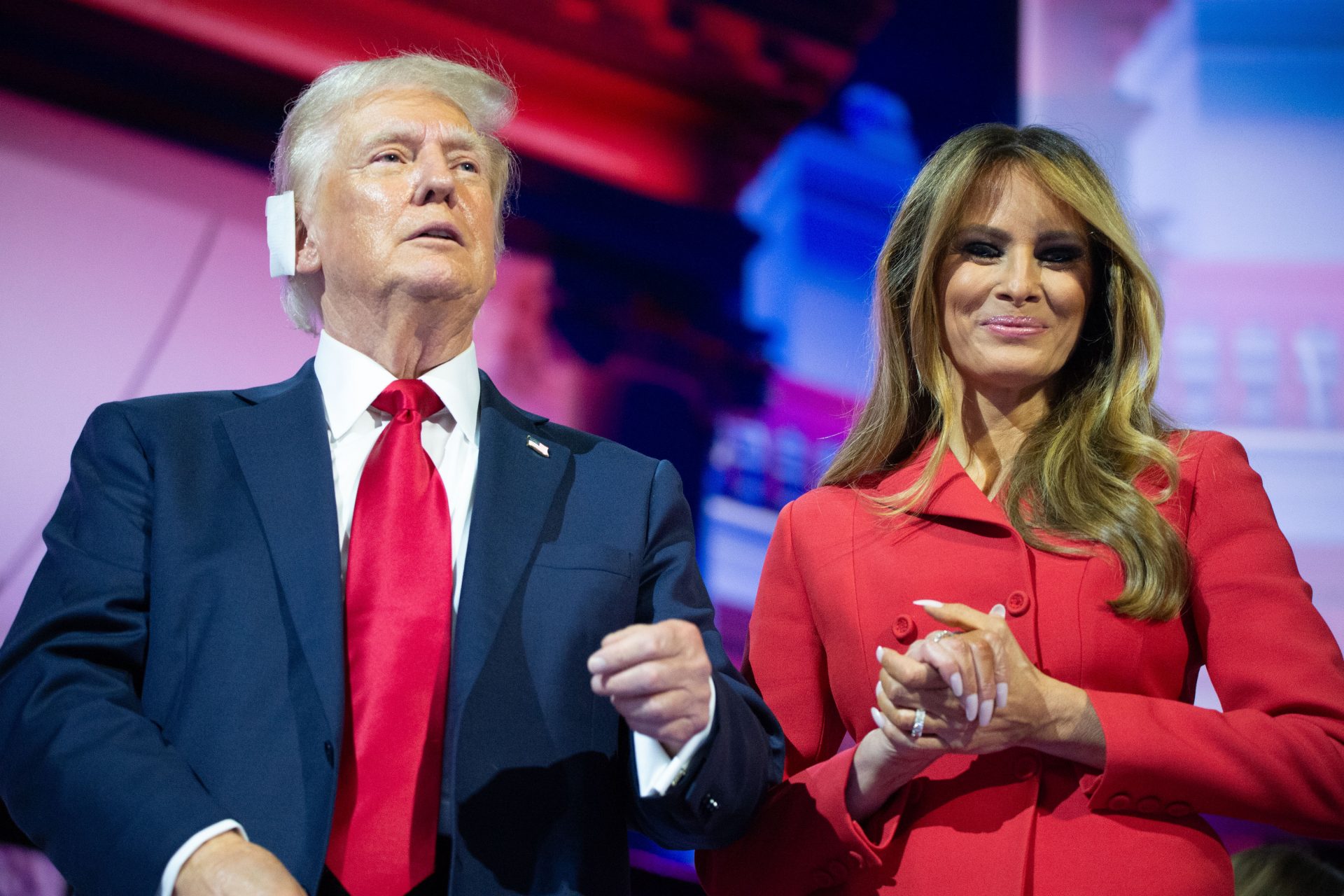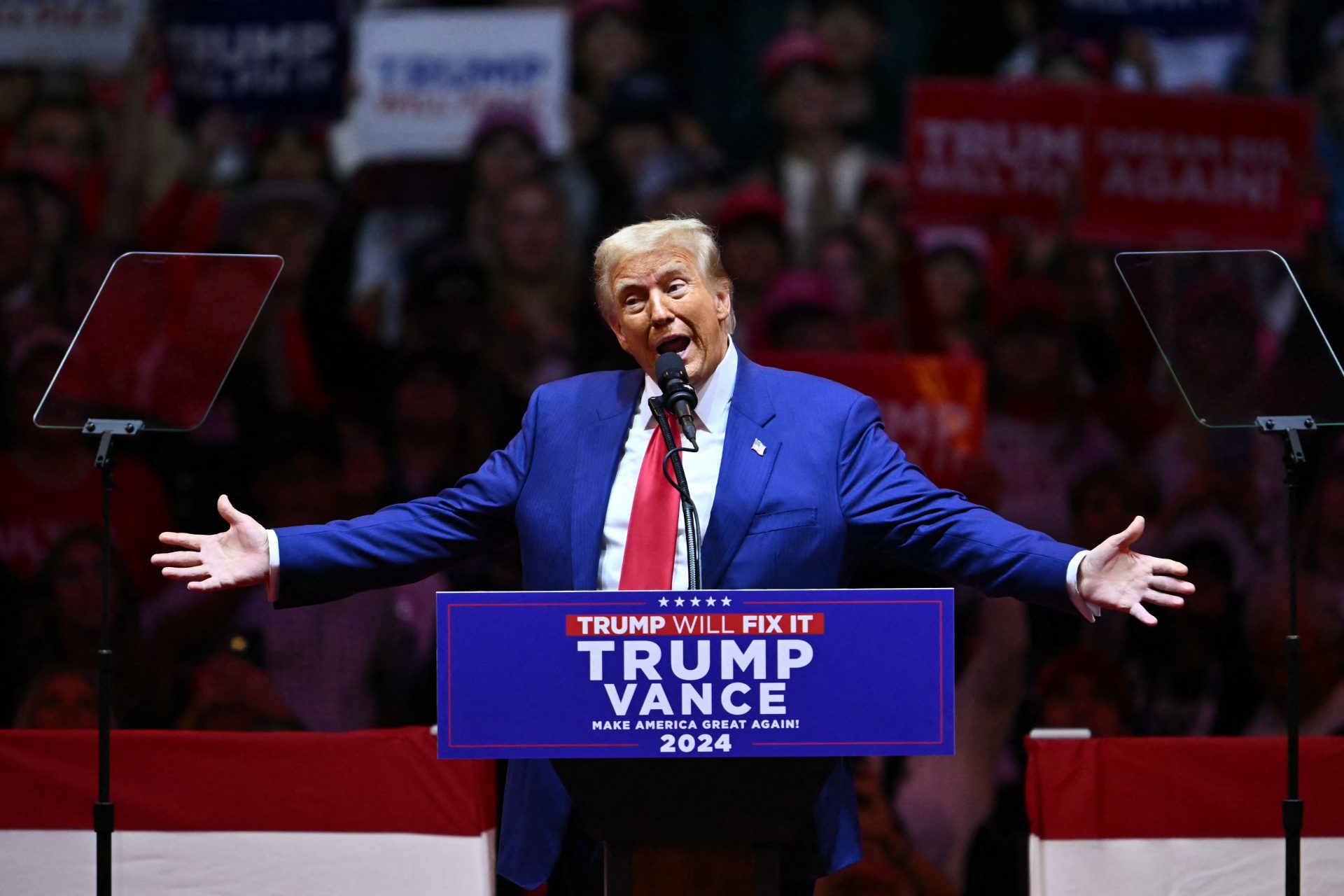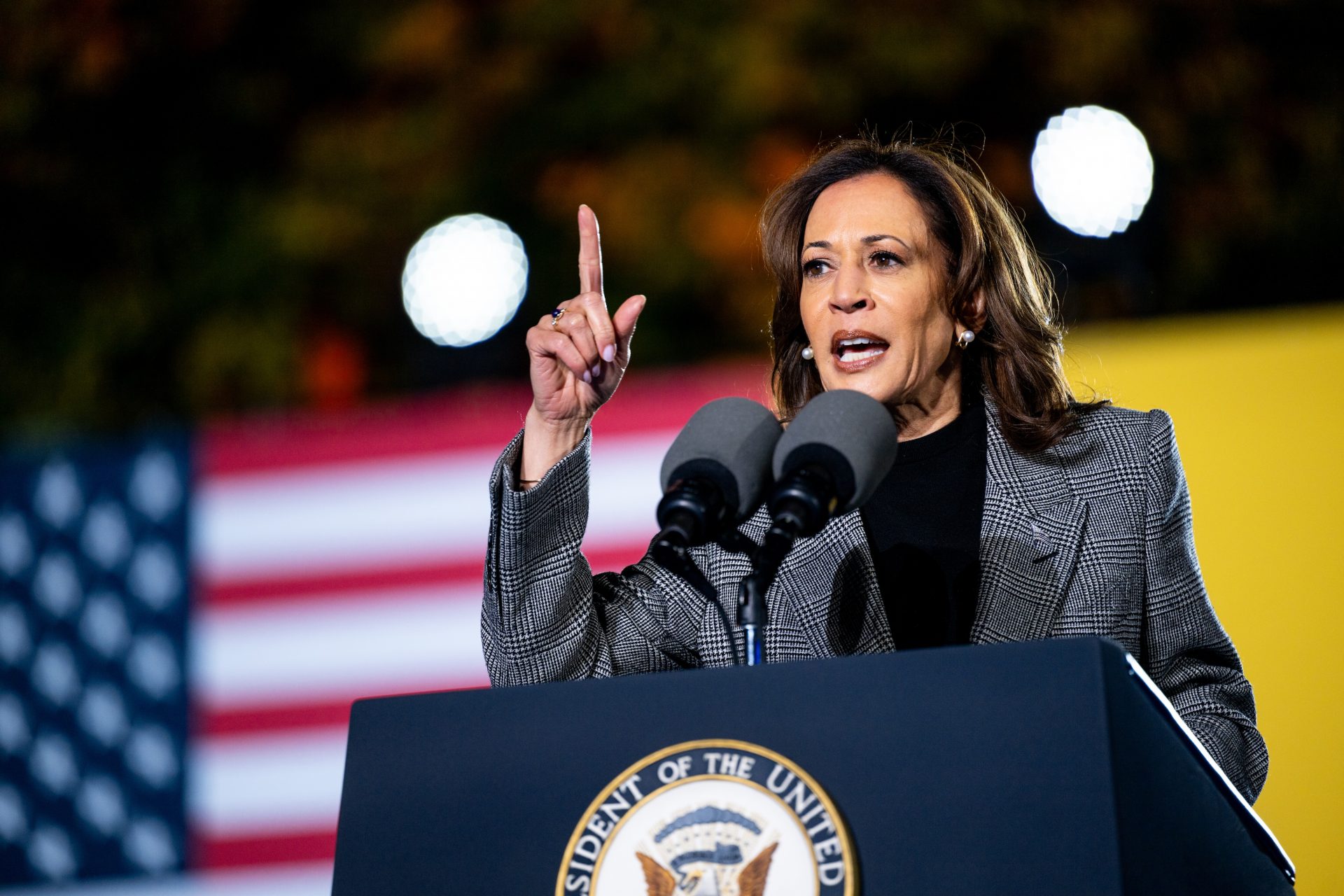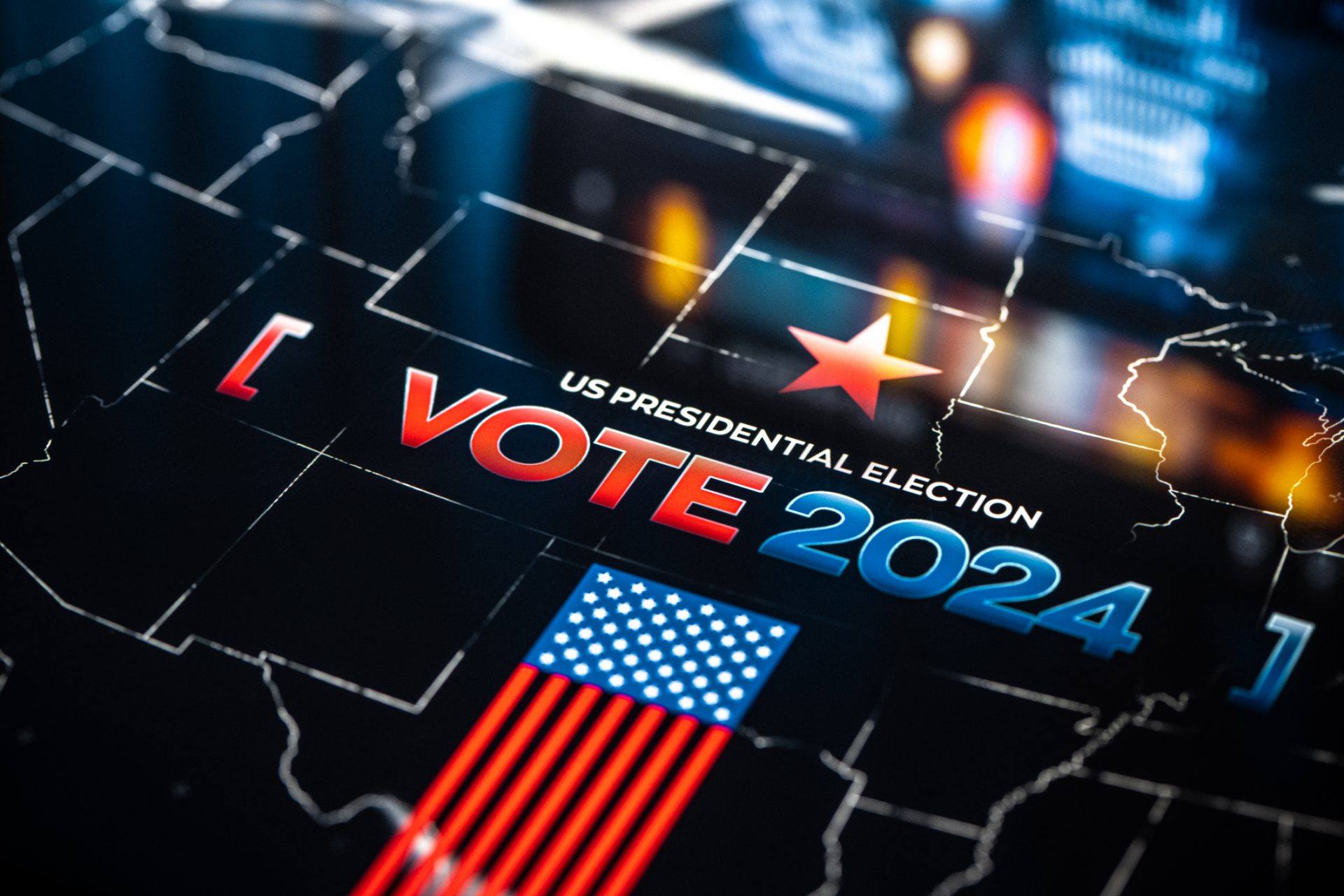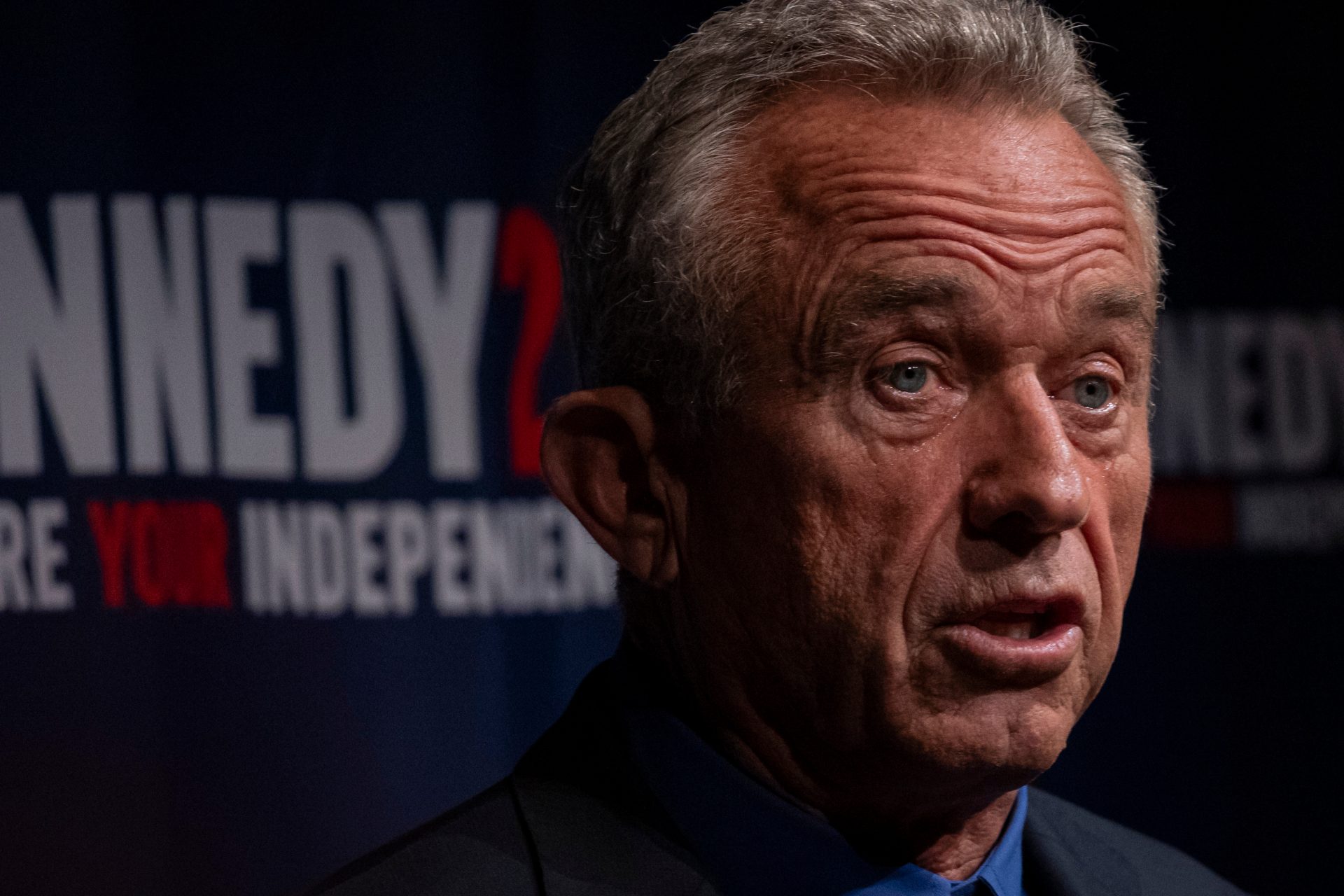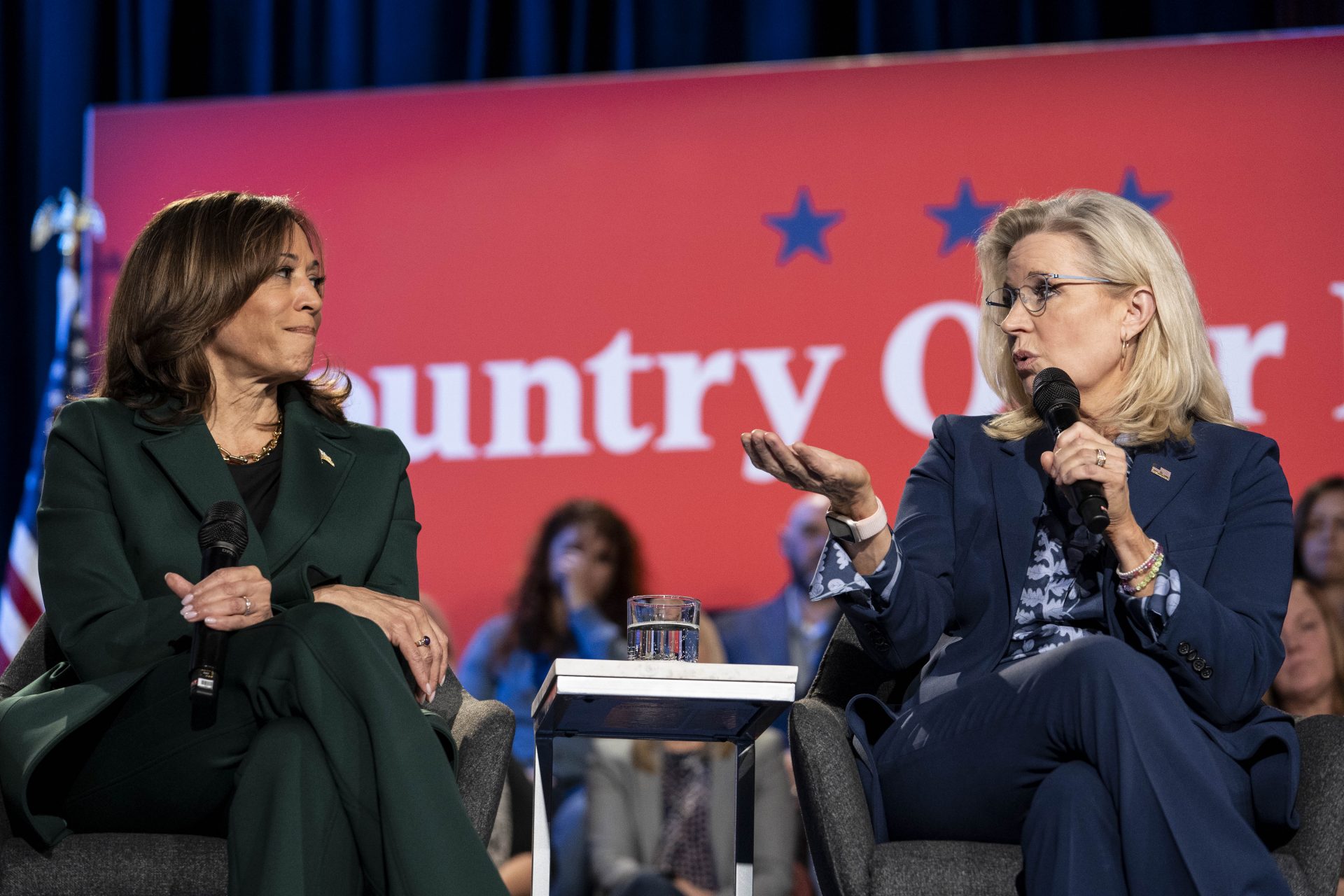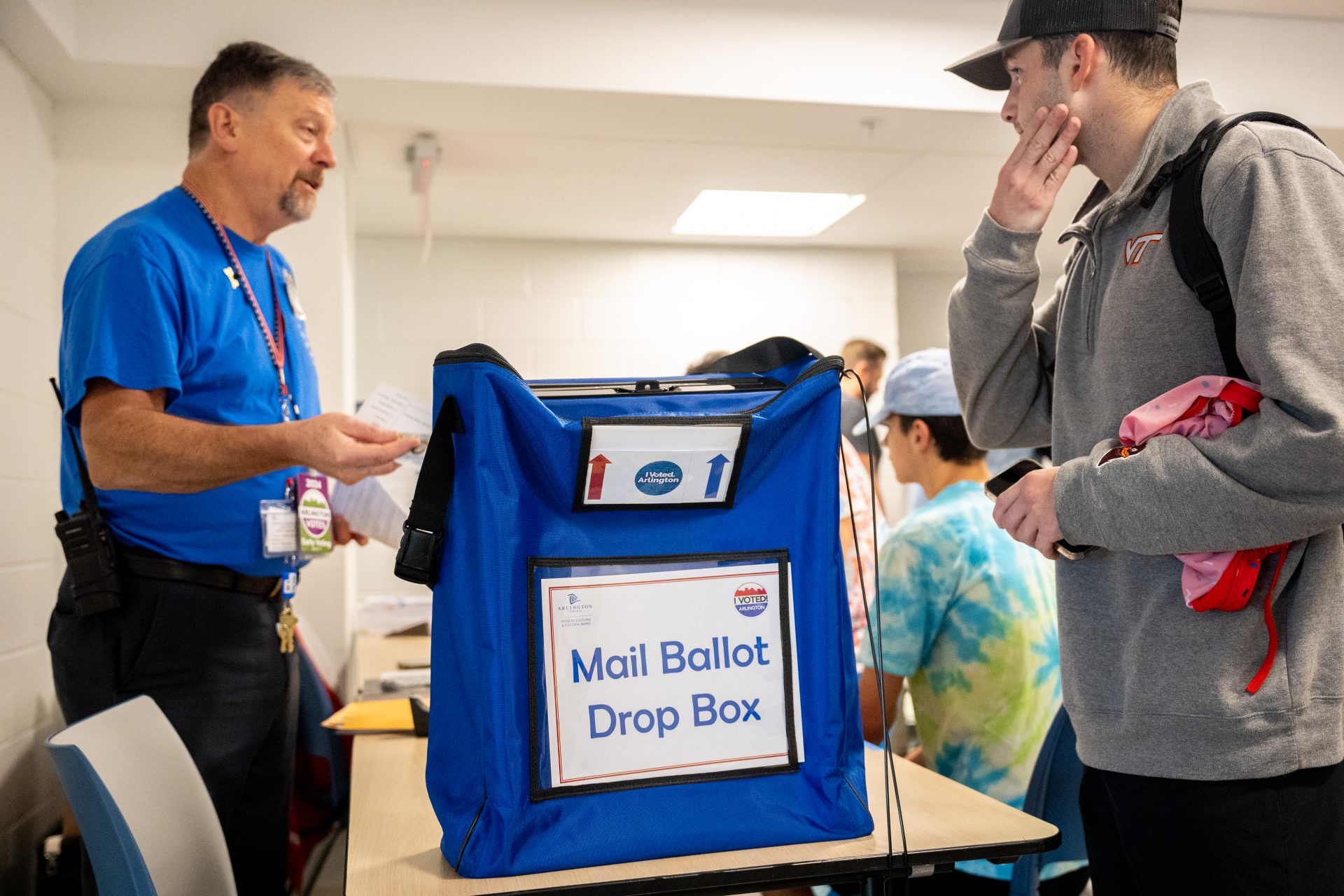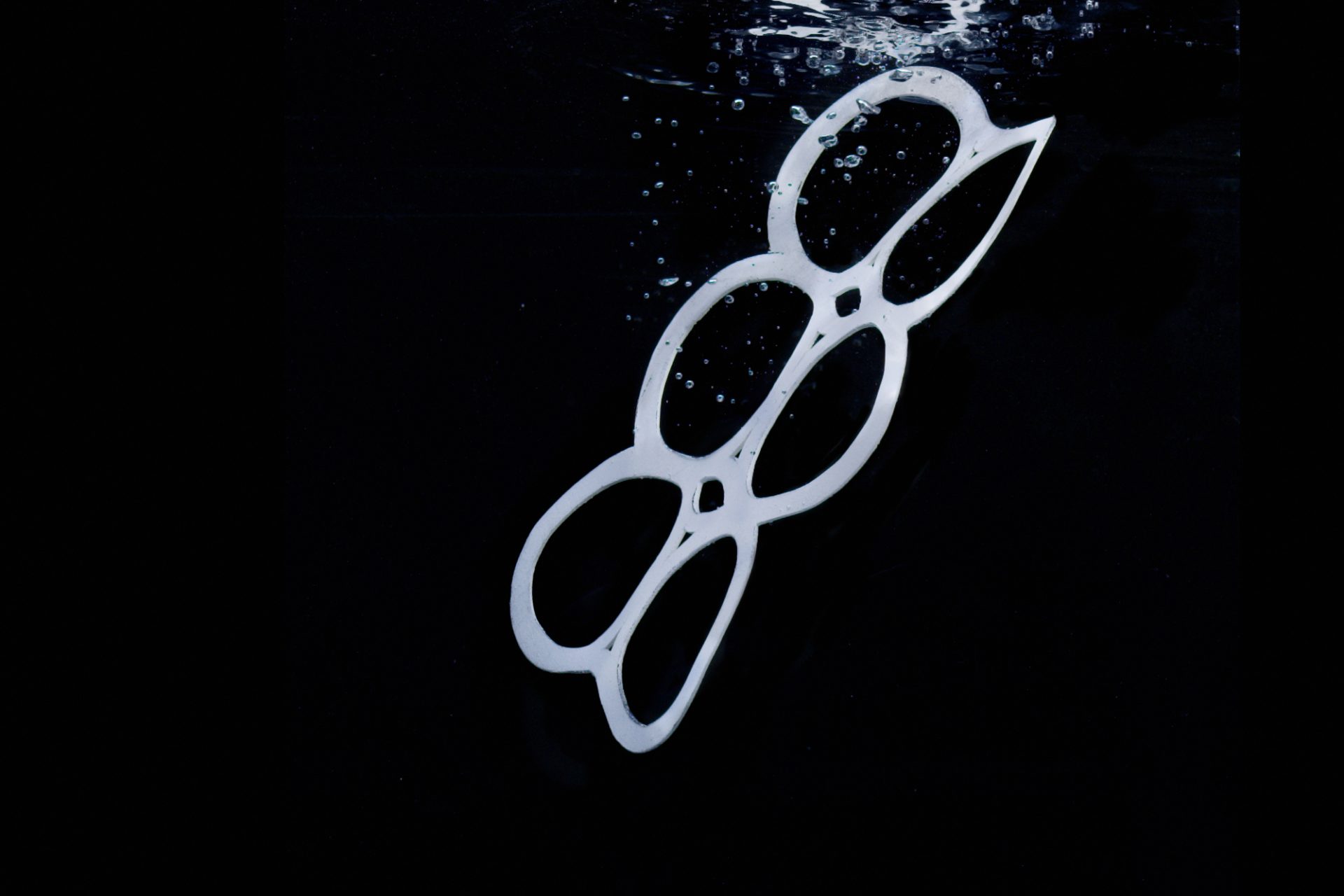Is America finally ready for woman to be President?
Democrat Kamala Harris wants to be the next President of the United States. At 59, Harris is much younger than Donald Trump and Joe Biden, making her a solid choice as a candidate. However, the question remains: Is America ready for a Black female President?
Kamala is the logical choice to succeed Biden for a variety of reasons. First, she would continue to fund and support Ukraine, carrying on Biden's work. Second, her law enforcement background is perfect for continuing to pursue and prosecute the political case against Donald Trump.
Finally, as reported by USA Today, a new national poll from Democratic pollster Bendixen & Amandi Inc. found that Harris could, in fact, beat Trump.
The poll found that Kamala Harris was ahead of Trump by one point. But will Kamala be popular enough when push comes to shove in November to keep Donald Trump out of the White House? Many have their doubts.
Aimy Steele, founder and CEO of The New North Carolina Project, which is dedicated to expanding voter engagement and access in the state, shared her thoughts with USA Today, telling the publication that being both a person of color and a woman will work against Harris.
"Black women are judged more harshly by the right, by the left – by everyone," said Steele. Steele also told USA Today that in addition to the race/gender disadvantage Harris will face, there are other factors, such as the fact that Kamala Harris spent much of her life unmarried, without children, and putting her career ahead of everything.
Steele said that these factors cannot be overlooked stating, "I think we're kidding ourselves to really believe that we are, even on the progressive side, in a post-racial democracy or a place where these types of things don't matter."
In addition, it seems that even Black voters are not one hundred percent certain that Kamala can win the election. On July 21, the New York Times spoke to Black voters to see what they thought about Harris running for President. A 65-year-old truck driver told the Times, "Even in 2024, America is not ready for a Black, female president."
The man added, "I think she's a pretty good politician, but overall, it boils down to race and gender. And America is going to hold that against her." If Black voters don't think Kamala can win, they may decide to support someone else in an attempt to avoid another Trump presidency.
Kristin Powell, principal of Black to the Future Action Fund, a national political advocacy group, told USA Today that she believes it will be incredibly difficult for Kamala to win.
Powell said, "The threats against her, in my opinion, will be astronomically higher than the ones against Obama because she's a woman, not just a Black person, but a Black woman."
We saw with Nikki Haley that American Republicans prefered Donald Trump over her earlier this year. In large part many experts believe it came down to her gender.
It makes us wonder, can women in America break through the gender barrier? Plenty of other countries around the globe have long had female leaders.
Polls conducted about women in politics by the Economist and YouGov in February 2023 show that Republicans viewed Haley quite favourably, with 53% having a positive view of her and a mere 20% viewing her unfavourably.
Furthermore, the same poll found that 63% of Republicans thought it would be "a good thing for the country" if a Republican woman were elected president. So what happened?
Well, the Economist/YouGov polls showed that while Republicans had all these pleasant rosey thoughts about women in the White House when push came to shove, they just didn't believe "America is ready."
A survey titled 'WOMEN AND POLITICAL LEADERSHIP AHEAD OF THE 2024 ELECTION' conducted by the Pew Research Center in 2023, found that Democrats and Democratic leaners were more likely to vote for a woman President compared to Republicans.
In fact according to the poll Democrats believe that that woman President is 18% more likely to be better at "working out compromises, maintaining a respectful tone in politics,and being honest and ethical."
However, even though Democrats might have a more positive feelings towards a female President, it will still be a hard slog to get enough support to beat Trump and alot of it has to do with how the American political system is set up.
In an article in Time magazine on the subject, Charlotte Alter writes that the reason women can't run for president in the United States might be "because the American political system is more of a popularity contest than other countries, which creates particularly thorny challenges for women leaders."
Alter claims that it is easier for women to reach leadership roles in politics in countries where there are parliamentary systems in place in countries such as Germany, the U.K. or Finland.
In fact, according to data from the United Nations, women are heads of state or government in 26 countries, according to the United Nations. Even Mexico now has the country's first woman as president.
This could be because parliamentary systems offer more favourable circumstances for women politicians compared to the American system.
Debbie Walsh, director of the Center for American Women and Politics at Rutgers University, told Time, "You don't vote for the Prime Minister; it happens within the institution. The party becomes the majority, and then the parties can do more structurally for women to attain leadership."
Time writer Charlotte Alter also speculates that it is easier for women to be elected into power in Europe or colonized nations because European monarchies have accustomed the people to female heads of state. Maybe the British felt fine with a female prime minister because a Queen had long ruled the territory.
In addition, how campaigns are run in the United States also puts women candidates at a disadvantage. An article published by the UVA Center for Politics highlights three factors that make both campaigns and elections more challenging for women than men in America.
First, there are the structural disadvantages. The Center for Politics highlighted a 2023 study by Jennifer Lawless and Richard Fox, which found that "men are two-thirds more likely than women to have been encouraged to run by an elected official, party leader, or political activist to run for office. "
Other structural disadvantages faced by female politicians include less access to funding and difficulty reaching large donors. Furthermore, incumbency and retention rates also make it more difficult for female candidates to succeed.
According to The Center for Politics, men have traditionally held the incumbency advantage, and when incumbents run for office, it makes it far more difficult for new profiles, voices, and ideas to emerge.
The second challenge female candidates face in the United States is media coverage. A presidential campaign typically runs for eighteen months, and during that time, female candidates, in particular, face extremely harsh criticism and scrutiny.
The Center for Politics reports that research shows "that reporters emphasize women's traditional roles and focus more on their appearance. Media coverage of women candidates has also perpetuated stereotypes of women politicians as weak, indecisive, and emotional."
The third factor is that public opinion and stereotypes, which impact how voters evaluate candidates, negatively affect female candidates far more when compared to their male counterparts.
As Charlotte Alter points out in Time, "American politics has become infused with a culture of celebrity, which means voters often pick their candidates based on their personalities, making campaigns much more reliant on the dubious science of "likability" in a way that usually cuts against women."
At the moment, it seems nearly impossible for a woman to succeed at being voted as president in the United States. However, all the women who run and fail are preparing the territory for those who come after them. We can only hope that the political glass ceiling, with each attempt cracks a bit more, until one day, we see a Ms. President leading America.
More for you
Top Stories



